




The Brokenbacked Beatification of Heathcliff Ledger






The Brokenbacked Beatification of Heathcliff Ledger

The Brokenbacked Beatification of Heathcliff Ledger
2-10-2008
This is a post I'd rather not be making.
And that's because neither the cult nor the culture of celebrity interests me.
I think celebrity is boring -- at best.
And the lives of so-called celebrities are, to me, supremely unimportant.
Nevertheless, Heathcliff Ledger did die, and the reaction to his death is instructive -- in a melancholy way.
So let's begin.
And I suppose, given that new people come to our Man2Man Alliance daily, and that not everyone reads every post and every page put up over the last eight years, I should begin by explaining that Heath Ledger appeared in a movie, Brokeback Mountain, to which this Alliance was strenuously opposed and against which it called a boycott.
Why?
Brokeback Mountain was originally a short story by a writer named Annie Proulx.
According to Proulx, it was written in 1996.
And it tells how two poor, rural, teenaged boys, hired for a summer to herd some sheep on a mountain above the treeline in Wyoming in 1963, become lovers; and remain lovers over the next twenty years.
Even as they both marry.
The story is well told and well written, and has a very moving climax.
But in the first scene of sex between these boys -- and that's what they are, teenaged boys -- Proulx demonstrates that at best, she has no understanding either of sex between men, or of the history of sex between men.
Because as the boys start to jerk off together -- which is exactly and precisely what they would have NATURALLY done -- Proulx has one boy abruptly and forcefully position the other and enter him anally.
Without any lube, without any preparation, and as Proulx says, "no instruction manual needed."
The boys' names are Jack and Ennis.
Here's the scene as penned by Proulx:
...he [Ennis] wanted none of it when Jack seized his left hand and brought it to his erect cock. Ennis jerked his hand away as though he'd touched fire, got to his knees, unbuckled his belt, shoved his pants down, hauled Jack onto all fours and, with the help of the clear slick and a little spit, entered him, nothing he'd done before but no instruction manual needed.
The scene is totally false, it's at its core homophobic, and it's one which even today I can't read without a sense of immediate and surging rage.
Proulx somehow presents this as a loving act.
It's not.
It's two things:
The date rape aspect of it we can get to in a little bit.
Fantasy first:
Like I said, the scene is totally false, and constitutes a terrible LIE about what happens in a natural state between men and between teenaged boys -- sexually.
These two boys -- who it must be remembered are living in 1963, and are not connected in any way with any "homosexual" subculture as it may have existed then; nor of course do they know anything of the intensely anal gay male subculture which existed in 1996 --
These two boys are starting to jerk off together.
That is, they're seeking to communicate and bond sexually the way GUYS did and do -- PHALLICALLY and NATURALLY.
Would they abruptly turn to effeminizing and effeminized anal penetration?
NO.
Those boys, in that era, would know nothing of anal.
Unless of course, one of them, most likely the perp aka top, who in this case is Ennis, had been anally raped by an older man sometime -- usually years -- before.
But Proulx never so much as hints that had happened.
The scene also demonstrates a woeful ignorance of the basic fact that in 1963, even men who thought of themselves as "homosexual" and lived in the big "homosexual" centers of New York City and Los Angeles, did not on the whole engage in anal penetration.
That as has been well-documented, anal penetration was a denigrated and minority activity even among what would later be known as "gay-identified" men.
Yet Proulx would have us believe that two rural teenaged boys in Wyoming in 1963 knew about anal and did it -- "no instruction manual needed."
That's false.
You do need an
instruction manual to do anal.
And lots of preparation.
Including lots of lubricant.
A little precum and some spit will not do it.
Which is why for years, and prior to AIDS, gay-identified "men into anal" kept tubs of Crisco by their bedsides.
In New York City there was even a club called Crisco Disco.
Which featured a huge, Warholesque can of Crisco in the middle of its dance floor.
Why then, did Proulx say what she said?
The easiest explanation is that she was writing in 1996, when all "sex" between males was assumed to be anal.
And that she made that assumption too.
But there's more to it than that.
Because she's also making the assumption that an anus is a vagina.
That it can be entered as easily as a vagina.
Which, just for starters, is self-lubricating.
But an anus is not, and it cannot.
And when someone makes the assumption that an anus is a vagina, even if she's a woman, and even if we assume, which is unlikely to be true of Annie Proulx, that she's totally ignorant of sex -- something else is going on.
There's an anti-masculine and feminist agenda at work.
It's what Redd talks about in the bludgeoned message thread:
Man is Man. He ain't got no feminine in him. His glory is his
masculinity, just as women's glory is their femininity. Man is whole;
woman is whole.
...
In short, a lot of what we "know" about society are cultural
creations. Man, masculinity, manhood, etc. isn't a cultural creation.
Woman isn't a cultural creation. Man is man; woman is woman. He
ain't no woman; she ain't no man. Man is whole and woman is whole.
Manhood is divine; womanhood is divine.
Culture has separated man from himself by telling him that he has a
feminine aspect, a feminine gene. Rather than recognizing that man2man
is man, not feminine.
Redd says, correctly, that
Man is man; woman is woman. He ain't no woman; she ain't no man. Man is whole and woman is whole. Manhood is divine; womanhood is divine.
...
Culture has separated man from himself by telling him that he has a
feminine aspect, a feminine gene. Rather than recognizing that man2man
is man, not feminine.
*Culture,* Redd says, "has separated man from himself by telling him that he has a feminine aspect, a feminine gene. Rather than recognizing that man2man is man, not feminine."
But in Proulx's telling, Man2Man becomes feminine.
It's analized and Jack is vaginized.
Clearly, that suits Proulx's purpose.
At the same time, the story's view of sex and men is retrograde.
Jack, the character who's penetrated, is, on a Kinseyish continuum, the more "homosexual" of the two boys, Ennis, the more "heterosexual."
So that the story, while seeming to break so many taboos about men, love, and sex -- actually reinforces stereotypes.
Stereotypes about sexual orientation which are part and parcel of the heterosexualized worldview.
Which brings us back to the question of date rape.
A 1999 study, titled Gay men as victims of nonconsensual sex, stated:
Incidents of nonconsensual sexual activity among 930 homosexually active men living in England and Wales are analyzed. Of these men, 27.6% said they had been sexually assaulted or had sex against their will at some point in their lives; one third had been forced into sexual activity (usually anal intercourse) by men with whom they had previously had, or were currently having, consensual sexual activity. The contention that male rape is usually committed by heterosexually identified men, primarily as an expression of power and control, is not supported. Recognition that gay men rape other gay men is needed, both by the gay community and support services for victims.
"one third had been forced into sexual activity (usually anal intercourse) by men with whom they had previously had, or were currently having, consensual sexual activity."
This is something we're well aware of in the Alliance -- because guys tell us about it.
It's something we've reported on.
And it's something the gay male "community" never discusses.
Even though the report, which is now nine years old, says,
Doesn't matter.
The issue is never discussed.
If lesbians or trannies were getting raped at this rate, there'd be a national outcry.
When it happens to gay men -- it's just part of the scene:
We've heard that time and time again.
So: it's really simple:
If the rapists are gay men, and the victims are gay men, it's not rape.
And because analism is a rape culture after all, it's just part of the culture.
And something I can say, because I've been there and because I've heard it from too many others, is that Jack would have put up with the rape from Ennis -- because he was too young to know better -- because it was unexpected -- and because he wanted to be with Ennis.
But in a real sense, like millions of gay-identified males, he was never given a vote or a voice.
Remember Proulx's description:
...he [Ennis] wanted none of it when Jack seized his left hand and brought it to his erect cock. Ennis jerked his hand away as though he'd touched fire, got to his knees, unbuckled his belt, shoved his pants down, hauled Jack onto all fours and, with the help of the clear slick and a little spit, entered him, nothing he'd done before but no instruction manual needed.
Ennis wants NONE of touching Jack's cock and thus giving Jack true and genital pleasure in the male-male sexual act.
Instead, Jack is "hauled ... onto all fours" by Ennis, and Ennis enters him.
Without ever asking -- if that was something he wanted.
It's disgusting, and presents a paradigm of sex as rape as romance which would NEVER be accepted among women.
Yet because these are "gay cowboys," as the world, if not Ms Proulx would have it, it's totally cool and okay.
Fags rape fags.
Happens all the time.
And feminists won't say a word against it, because they want males to be effeminized -- if necessary, through rape.
In their view, anything which robs the male of his masculinity -- is to the good.
So at the core of Ms Proulx's -- and the gay male community's -- fantasy -- is an act of rape, carried out by a guy who's so homophobic that he's afraid to touch his partner's cock:
It's sad, isn't it?
Because looked at objectively, the act which is at the core of the story -- is self-hating.
While Ms Proulx never gives us the slightest suspicion -- that she understands that.
To the contrary.
That act of analist rape, in her fairy-tale telling, is the beginning of a passionate and exuberant sexual affair which goes on for years, outlasts both mens' marriages, and which is threatened only by the hostility of the outside world.
Not once does Ms Proulx comment on the fact that Ennis somehow found it less threatening to penetrate Jack anally -- than to touch his erect manhood -- and let Jack touch his.
Nor does Ms Proulx seem to notice that on a mountain totally devoid of plumbing, she's had one of her protagonists stick his dick in the other's shithole.
But the presence of fecal material is a constant before, during, and after any and every act of anal penetration.
It cannot be avoided.
So: Ms Proulx has her protagonists engage in an act which would have been unknown to them; which is devoid of pleasure for Jack and actually forces him to experience a lot of pain; and which postulates that Ennis has an innate fear of touching another man's penis -- while not minding at all if he covers his own penis in another man's shit.
It's a sick -- and extremely unrealistic -- view of "sex" between men.
Which, like everything you read which emerges from an analist mindset, puts anus first and denigrates phallus --
and in particular mutually phallic sex.
The one form of directly and mutually genital sex men can have.
And in which ALL MEN are interested.
That's right.
ALL MEN.
Are all guys interested in other guy's dicks?
YES.
Would two guys growing up in 1950s Wyoming have had occasion -- in PE class, while camping out, at home, or elsewhere, with friends, brothers, cousins, sometimes even fathers -- to see other guy's dicks?
YES.
Would they have, if the opportunity arose with their peers, compared dick size, gotten hard together, and jerked off together?
YES.
And might they have, if they were feeling intimate, affectionate, loving, horny, aggressive, or any combination of those things, tried putting their hard dicks together and rubbing them?
YES.
In point of fact, we have account after account after account posted on this Man2Man Alliance site, beginning with Luke Shelton's Beatific and, going through the most recent, Lawrence's in honor of my cousin/lover/frot brother -- of ADOLESCENT boys in RURAL environments of THAT ERA doing EXACTLY THAT.
Oh yeah.
EXACTLY THAT.
Doesn't matter.
To the analists who dominate the discussion in the so-called community of "men who have sex with men," we don't or we should not exist.
Because "if it isn't anal, it isn't gay."
And that's the end of the discussion -- from their perspective.
Yet, if fact be known, only a tiny minority of "men who have sex with men" ever do anal.
Doesn't matter.
Ms Proulx, taking her cues, we may assume, from the "gay male community," put the heinous, hostile, and unloving act of anal penetration front and center in her rural romance.
And, Ms Proulx being a good and, as we say today, "effective" writer, her story about the doomed affair between two guys who wear chaps and ride horses seized the imagination of millions of gay-identified males and those who claimed to sympathize with them.
Nevertheless, my own sense is that if her story had remained a story -- that is, on the printed page -- it would have been relatively harmless.
Because, for one thing, the printed page leaves much to the imagination.
And because reading leaves time for thought and reflection.
Plus -- and let's face it -- most people in America don't read anyway, so its audience would have been distinctly limited.
But then, in 2005, Brokeback Mountain the story became Brokeback Mountain the movie.
And, transferred first to the silver screen and then to DVD, with their attendant huge audiences, it took on the power to do immense harm.
In the movie, the anal nature of the sex between Jack and Ennis was made clear.
And thus provided and continues to provide a model of what sex between males should be for every gay-identified -- and otherwise -- kid in America.
That's hideously destructive, and a terrible lie.
And a lie perpetrated by the filmmakers even as they knew that an anally-transmitted disease had killed a half million "men who had sex with men" in America and infected a half million more with a fatal virus.
And while that anally-vectored virus was killing those men, it made them suffer.
Usually for years.
Pain upon pain upon pain.
A level of suffering unimaginable I daresay to those who didn't witness it.
Yet -- anal it was in the story and so anal it was in the movie.
That decision -- to stay true to Proulx's story by depicting the sex between Ennis and Jack as anal -- had the effect of making the movie what we call an analist movie --
because it had and has the effect of perpetrating the analist worldview upon the public.
Was Heath Ledger responsible for the inclusion of anal in the movie?
Of course not.
He was just an actor.
Though -- it must be said -- he was eager for the role and saw it as something which would further his career.
And it's important to remember, as we look at the eventually deadly dissolution of Heath Ledger's life, that he sought out this role, in which he knew he would have to represent the UNnatural act of anal penetration.
Now, of course, in 2005, anal wasn't being framed that way among gay-identified males.
But Heath Ledger was a man and a human being.
He knew within himself, regardless of what others may have told him, what was right and what wasn't for a man -- and a human being.
Nevertheless, he sought out the role.
Because he thought it would further his career.
Which it did.
For -- even though some said that he was rigid in his portrayal and that the sheep were more interesting, the more common view was that his performance was "riveting," and that he deserved the academy award.
Which he didn't receive.
But he became, nevertheless, and despite being "heterosexual," an icon of gay culture -- and its friends.
Which brings us to the present.
And to the death of, neither the fictional Jack Twist nor the fictional Ennis Del Mar, but the real Heath Ledger.
For, as seemingly everyone in the world now knows, and knew when it happened, the actor Heath Ledger, who, we were endlessly reminded by the media, played a "gay cowboy" in the analist film Brokeback Mountain, died under mysterious circumstances on January 22, 2008.
He was 28 years old.
And within hours, he'd been beatified -- that is, declared a saint both now and forever -- by the New York Times, and by other significant segments of the liberal press.
In the Times, Mr Ledger's beatification was overseen by lead film critic A. O. Scott.
And it was clear from Scott's article, which was variously titled "Appraisal: An Actor Whose Work Will Outlast the Frenzy" and "Appraisal: Prince of Intensity With a Lightness of Touch," that Ledger's beatification was the result of his portrayal of Ennis Del Mar in Brokeback Mountain.
That is to say, that while Scott praised Ledger's work in other movies, it was plain that had Ledger appeared in all those films, but not Brokeback, his death would have been nothing more than the passing of a young actor who showed some promise.
But because he'd played the "gay cowboy" -- actually an unhappily bisexual sheep herder -- in Brokeback -- he was deemed a saint of the anti-masculine movement.
If you read Scott -- that's clear.
Brokeback, he says -- which, as we've seen, is an analist movie and therefore in its essence *anti-masculine* -- was Ledger's James Dean moment.
Again, it's an *anti-masculine* moment.
And make no mistake, that's what this is about.
As you can see from the title of another appreciation of Brokeback, written in 2005 by the other lead movie critic at the Times, Manohla Dargis: Masculinity and Its Discontents.
Indeed.
That's the point to heterosexualization;
and to the various movements which arise out of heterosexualization, such as feminism and analism and other anti-masculine movements;
and to the cultural messages, which include movies like Brokeback, they generate and put forth:
masculinity makes you unhappy, masculinity is bad.
Bad for men, women, and children -- and other living things.
Masculinity is bad.
Scott, who's very open about his biases and prejudices, -- you may recall that he violently criticized 300 because it was "manly" -- makes clear that what he liked about Ledger the actor was his penchant "for portraying troubled, brooding, self-destructive young men."
And he adds, approvingly, that Ledger was "bored" by roles in which he was supposed to exhibit heroism.
So: score one for troubled, brooding, self-destructive young men -- and zilch for heroes.
And that's Scott's thing.
In his review of 300, which he sarcastically titled Battle of the Manly Men: Blood Bath With a Message, these were some of the terms and phrases which he used to express derision and abuse:
"warrior ethic"
"valor and freedom"
"noble purpose"
"higher cause"
"free, manly men"
"fight harder and more valiantly"
"muscle-bound"
"wrestling"
and "grunting"
Mr Scott doesn't like grunting.
Nor does he like wrestling, valor, freedom, ethics, noble purposes, higher causes, and free manly men -- he doesn't like any of those things.
As we can see in his "appraisal" of Ledger, whom he praises for falling so far outside the masculine mode.
Now, throughout his "appraisal," Scott cautioned the reader that just because Ledger was good at portraying "self-destructive young men," that didn't mean Ledger was one himself.
I -- Brokeback
Recognition that gay men rape other gay men is needed, both by the gay community and support services for victims.
"What'd ya expect? You're GAY!"
[Ennis] wanted none of it when Jack seized his left hand and brought it to his erect cock. Ennis jerked his hand away as though he'd touched fire ...
II -- Death of an Icon
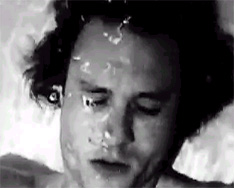
Yet you had to wonder, in the many days between the discovery of the body -- on January 22 -- and the release of the New York City Medical Examiner's report -- on February 6 -- a period of more than two weeks --
what actually had been going on.
Because there were elements to Ledger's biography, and particularly the recounting of his last months, as it appeared in the press, that made it appear that he was, at least on some existential plane, troubled.
And then there was the fact that his body had been found surrounded, if we could believe the news reports, by anti-anxiety and sleep medications, which of course raised the question -- why should such a successful and seemingly *normal* young man -- which is how he was always presented -- need those?
And then there was the odd behavior of the "masseuse" who found his body.
Was she confused, or was she involved in some Hollywood-ish exercise in damage control?
At first, I thought we'd never know for sure.
Why?
For one thing, Ledger, in life and in death, was and is the darling of the very powerful New York City gay establishment -- even before his death, he was being praised to the skies for having moved to Brooklyn with his then girlfriend and their baby --
so I didn't think, given not only his beatification by Mr Scott, but by his degree of sainthood in New York City in particular, that we'd ever know the truth about his death.
And when I talk about sainthood, I'm not kidding.
Like I say, it wasn't just Mr Scott.
A blogger for the Telegraph put up a post titled
Heath Ledger: the Brooklyn Jesus?Posted by Damian Lanigan on 30 Jan 2008
Heath Ledger and Michelle Williams lived in Brooklyn for a year or so.
For some people this was an occurrence of transcendental significance. For instance, New York Magazine is running a piece by Samantha Hunt with the following headline:
"Heath Ledger: 1979 - 2008
"Among Us: If Heath and Michelle's life in Brooklyn seemed like a wonderful dream, it was ours, not theirs."
The messianic implications are clear and more than a little revolting. The author sees further miracles as she looks upon the Boerum Hill house the couple bought:
"It was huge. There was a garden, soaring windows, an unheard-of three-car garage. The house shimmered as if they had a bit of Wyoming hidden behind that fence...."
[Mr Lanigan is pulling his punches here.
Perhaps he didn't want to appear "anti-gay," poor fellow.
Here's the whole quote:
The house shimmered as if they had a bit of Wyoming hidden behind that fence, loads of fresh air, mountains, horses, and gorgeous, gay cowboys who were, just then, saddling up to go give Atlantic Yards developer Bruce Ratner hell.]
Lanigan:
Many questions arise here, for instance, why is the garage unheard of? Is she saying it wasn't a celebrity garage? It is now. And $4million for a shimmering house? It's Boerum Hill not Brooklyn Heights, for pete's sake.
The couple could apparently make waiting for a table a mystical experience:
"At the very least, for a brief moment, we could stand next to the fire of their beauty, the breathlessness of their youth and glory, while we pretended to ignore them at Bar Tabac."
Ah yes, the breathlessness of their glory, I remember it well, along with the panting of their loveliness, and the emphysema of their fabulosity.
The piece combines several elements of the current malaise: real estate porn, celebrity worship and confessionalism. That Ledger died is sad. That his death is being decked in such creepy, meaningless religiosity doesn't help matters one bit.
...
Bill Weintraub:
"real estate porn, celebrity worship and ... creepy, meaningless religiosity" certainly hits the nail -- or several -- on the head.
At the same time, I don't think the Hunt article is as bad as Lanigan says.
But he's correct that there was more than the suggestion in the New York Magazine piece that the Brooklyn Heath Ledger walked on water.
And that he somehow fell from grace, and was therefore taken by death:
How did he slip back to Soho, where his brownstone and his baby meant so very little to death?
Which is why Mr Scott's warning that we were not to assume that Ledger's screen personae matched his real life being -- rang false to me.
Most actors, and particularly in America, in my experience, play themselves -- to a large degree.
Again, the accounts I saw of the last weeks of Heath Ledger's life suggested that he was indeed tormented.
For whatever reason.
And it's telling, I think, that Ledger's full first name was Heathcliff, and that he'd been named for the character in Wuthering Heights -- who's tormented, tormenting, and very self-destructive.
Which suggested he was playing out a role his parents, or at least his mother, who it was said chose that name for him, admired.
Most boys, after all, are given either conventionally male or family names -- which a little research usually reveals have a Warrior root.
Mr Leger's parents didn't give him such a name.
Instead, they gave him the name of a fictional character who was tortured and self-destructive.
Indeed, well in advance of the Medical Examiner's, several reports appeared, which claimed Ledger had a serious drug abuse problem:
Heath Ledger Battled Drug Addiction, Source Confirms To MTV News
...
According a recent article on Us magazine's Web site, Ledger's ex-fiancee, Michelle Williams, strongly urged the 28-year-old star to enter Malibu, California's Promises Treatment Center, a rehab facility, in March 2006, just weeks after the pair were both honored with Oscar nominations for their work in "Brokeback Mountain."
Part of Ledger's reluctance to enter rehab in the months leading up to his death may have been a reluctance to "prove his ex right," the source told MTV News.
Ledger's family has responded to media speculation about Heath's death, asking that the world wait for the medical examiner to make a determination before jumping to conclusions. The family also denied Ledger was using drugs.
The confirmation comes a day after several syndicated entertainment shows, including "The Insider" and "Entertainment Tonight," quashed a video that reportedly showed Ledger talking about drugs at a Hollywood party. In the video, Ledger is seen reportedly saying, "I used to smoke five joints a day for 20 years."
This is a report on the quashed video:
Heath Ledger: Campaign to bury drug video
...
The video acquired by ET was reportedly taken two years ago at a party at the Chateau Marmont Hotel.
The syndicated magazine's sister show, "The Insider," aired a "preview" of the story that it had planned to run on Thursday that showed several segments of the video.
Following the protest, "The Insider" yanked the segment from the West Coast version of its telecast.
In the clip Ledger is seen standing in the doorway of a room where the party was taking place, swigging from a beer bottle.
The actor is heard saying that he was "going to get serious (word bleeped) from my girlfriend" for being at the party. The show made clear that there was nothing on the video showing Ledger taking any drug.
Someone who has seen the whole video, but could not be identifed, said at one point the then-26-year-old said he "used to smoke five joints a day."
Ledger then points to his tattoo of "M" (for his daughter, Matilda Rose) and says, "this is to remind me never to smoke weed again." This part of the film was not aired.
Later, with Ledger in the background, an unidentified man, his face blurred, seems to snort cocaine from a table.
...
After seeing a promotion for the show, a publicist at ID, Ledger's public relations firm, called ET and asked that the segment be pulled. The request was allegedly refused.
ID then composed a three-paragraph protest letter that it distributed to some 30 other pr firms around Hollywood, asking them to tell their clients about what was about to happen.
[Which in turn generated enough protest from other big names and stars -- to quash the video.]
Here's another story:
Heath Ledger 'refused help for heroin abuse'
By Tom Leonard in New York
Heath Ledger's former girlfriend drove him to a drug rehabilitation centre last year to get treatment for abuse of heroin, cocaine and "a variety of pills" but he refused to go in and promised to clean up on his own, it has been claimed.
According to US Weekly magazine, Michelle Williams was so upset by the Australian actor's drug problems during their three-year relationship that she took him to the Promises Treatment Centre in Malibu, California, in March last year.
He refused to get out of the car but subsequently broke his promise to sort himself out, said the magazine, citing "multiple sources" for its claims.
The couple, who met on the set of the film Brokeback Mountain and were thought to have been engaged at one point, subsequently spent months fighting.
They broke up in September last year after realising "they were in way over their heads", a source told US Weekly.
Williams then allegedly demanded that Ledger, 28, who died in New York last week, be drug-tested whenever he was going to be alone with their young daughter.
The claims, which have yet to prompt any response from Ledger's family or his former girlfriend, follow allegations at the weekend that he was worried she was about to apply for sole custody of their child.
Rebecca White, who worked as a personal assistant to celebrities who knew Ledger, told the Mail on Sunday his friends blamed his death on tensions with "straitlaced" Williams over their two-year-old.
White said Williams threw Ledger out of their Brooklyn home last autumn "because he would be showing up all hours of the night with his band of hangers-on and doing drugs".
...
Us Weekly cited two possible reasons for Ledger's drug problems.
One source attributed it to depression while another told the magazine he started abusing "in social situations in the industry".
Another said: "He drank a lot - drank to get drunk. It didn't make him angry. Just somber."
An insider on the Swedish set of Williams' latest film, Mammoth, said the actress "cried and screamed as soon as she heard" Ledger had died.
...
Were these reports reliable?
Who could tell?
And though some of those stories did at least get posted online, the damaging video itself was quashed and never shown -- quashed at the behest of Ledger's publicist and his A-list "friends."
So, like I say, I didn't think we'd ever know.
But something was wrong with Ledger.
Something prompted his girlfriend to throw him out and separate him from his daughter.
Something.
Something prompted him to gather together the many and various pills which were found in his apartment.
Something.
And something else prompted the people who found his body -- to call a celebrity in LA -- before they called 911.
And then came the release, early on February 6, 2008, of the Medical Examiner's report.
And it turned out that Mr Scott had himself been doing some damage control.
That the real-life Mr Ledger was indeed a "tormented, brooding, self-destructive young man" who'd done himself in with a combination of prescription drugs.
And what a combination!
Here's what the New York City medical examiner said, as reported by the Times:
February 6, 2008
Heath Ledger's Death Is Ruled an Accident
By Sewell Chan
The New York City chief medical examiner's office has ruled that the actor Heath Ledger, whose body was found in a SoHo apartment on Jan. 22, died of an accidental overdose of prescription medications that included painkillers, sleeping pills and anti-anxiety drugs.
"Mr. Heath Ledger died as the result of acute intoxication by the combined effects of oxycodone, hydrocodone, diazepam, temazepam, alprazolam, and doxylamine," Ellen Borakove, a spokeswoman for the chief medical examiner, Dr. Charles S. Hirsch, said in a brief statement. "We have concluded that the manner of death is accident, resulting from the abuse of prescription medications."
An autopsy was conducted on Jan. 23, the day after Mr. Ledger's death, but the results were inconclusive pending toxicological and histological tests, which analyze blood samples and tissue for the presence of chemicals in the body.
Oxycodone, a painkiller, is the active ingredient in the prescription drug OxyContin. Hydrocodone, another painkiller, is often combined with acetaminophen, as in the prescription drug Vicodin. Diazepam, sold under the commercial name Valium, is used to relieve anxiety, muscle spasms, and seizures and to control agitation caused by alcohol withdrawal. Temazepam, brand name Restoril, is prescribed in the short term to help patients fall asleep and stay asleep through the night. Alprazolam, commonly known under the brand name Xanax, is part of a class of medications called benzodiazepines used to treat anxiety disorders and panic attacks by decreasing abnormal excitement in the brain.
Doxylamine, found in common "nighttime sleep aids," is an antihistamine that causes drowsiness as a side effect and is used in the short-term treatment of insomnia. (It is also used, in combination with decongestants, to relieve cough and cold symptoms.)
Ledger's family, understandably, immediately attempted to do some damage control of their own, releasing, within minutes of the ME's report, their own statement, through a publicist, claiming that this was all an accident:
While no medications were taken in excess, we learned today the combination of doctor-prescribed drugs proved lethal for our boy. Heath's accidental death serves as a caution to the hidden dangers of combining prescription medication, even at low dosage.
But it was too late.
The public was on to the game, as we can see from the posts which accompanied the various reports of the ME's findings:
Accidental? That is too many different types of drugs to be an accident. It would seem this individual was tormented on some level and sought the escapism of nervous system medications to ease the pain.
Here's another:
When I got a prescription for Percocet (Oxycontin) after surgery I received numerous warnings about the stuff, and properly so. I have a few Vicodin (Hydrocodone) hanging around too, an aftermath of breaking my arm. More warnings. (It can be highly addictive.) You really do not have to be an intellectual giant to know that you shouldn't take both of them together, let alone throwing in Valium for good measure. Unless Mr. Ledger has had surgery or a fracture recently, I wonder what tales he told to whom to get them to prescribe these painkillers in the first place.
He took all this stuff at the same time for the same reason that people get drunk, high, whatever on whatever. He wanted to get out of his head. Unhappily, he was more successful than he anticipated.
"He wanted to get out of his head."
That much is apparent.
And now the whole Heathcliff Ledger story began, like Brokeback Mountain itself, to look like a fantasy.
In which the brooding, tormented, self-destructive and anti-masculine male, the male who doesn't like playing heroes, the male who doesn't fight in real life but only on the screen and only if pretending and only if paid a whole lot of money, is superior to the masculine man.
Again, that's the fantasy.
A fantasy.
Like Brokeback.
Again, within that fantasy, that male is said to be superior.
Because surely a male who's willing to portray a "gay cowboy" in a movie -- and not just a "gay cowboy" but a "tormented gay cowboy" -- and not just a "tormented gay cowboy" but a "gorgeous tormented gay cowboy" -- and not just a "goregeous tormented gay cowboy" but "a gorgeous tormented gay cowboy who's into anal" -- and not just a "a gorgeous tormented gay cowboy who's into anal" but a "a gorgeous tormented gay cowboy who's into anal and tops other gorgeous tormented gay cowboys who are into anal" --
such a "tormented gay cowboy" being of course the antithesis of the masculine man --
surely a male who's not just willing but oh so rivetingly able to portray "a gorgeous tormented gay cowboy who's into anal and tops other gorgeous tormented gay cowboys who are into anal" --
even though he himself is unquestionably and certifiably neither "gay" nor "tormented" and most certainly not into anal -- not with other guys that is -- though he is both gorgeous and a top and not at all averse to having that be known --
surely such a male -- a male like Heath Ledger -- is FAR superior to a stereotypically masculine man, the sort of man who was portrayed in 300, or the sort of man, also disliked by the Times, who will strip in order to engage in a strenuous and real-life skin-on-skin struggle to overcome another man -- in a public ring or cage.
Real-life.
In real-time.
Not directed and not scripted and not staged.
But a stripped and strenuous skin-on-skin struggle, sweaty and sometimes bloody, that's intensely MALE and intensely REAL.
Of that, the Times doesn't approve.
Because it's Male -- intensely and TRULY Male.
And because it's Masculine -- intensely and TRULY Masculine --
What we call Naturally Masculine.
And the Times doesn't approve.
The Times doesn't approve:

The Times doesn't approve:

The Times doesn't approve:
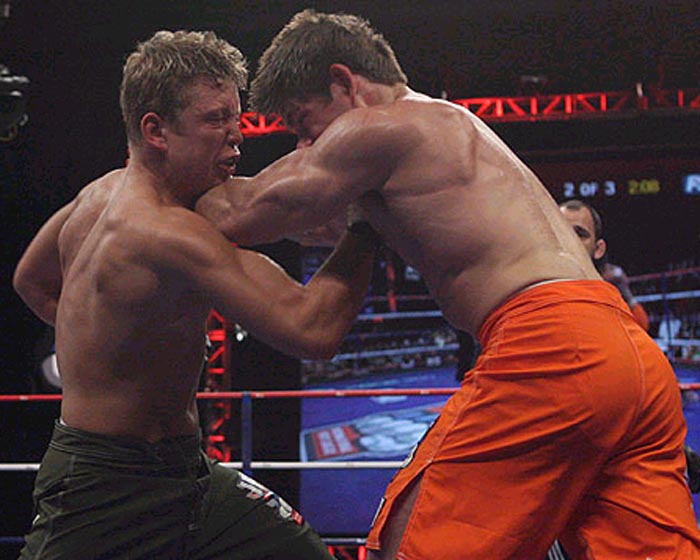
The Times doesn't approve:
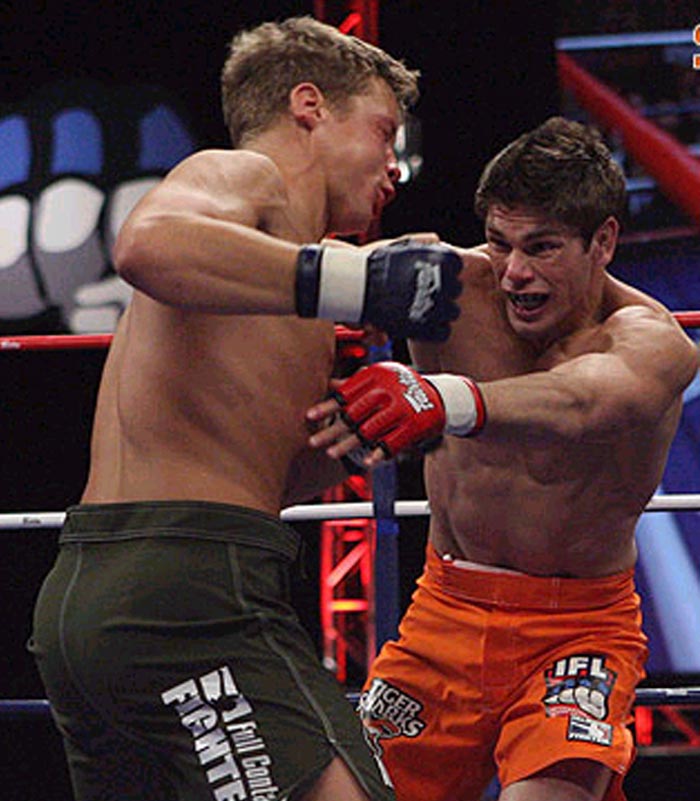
The Times doesn't approve:
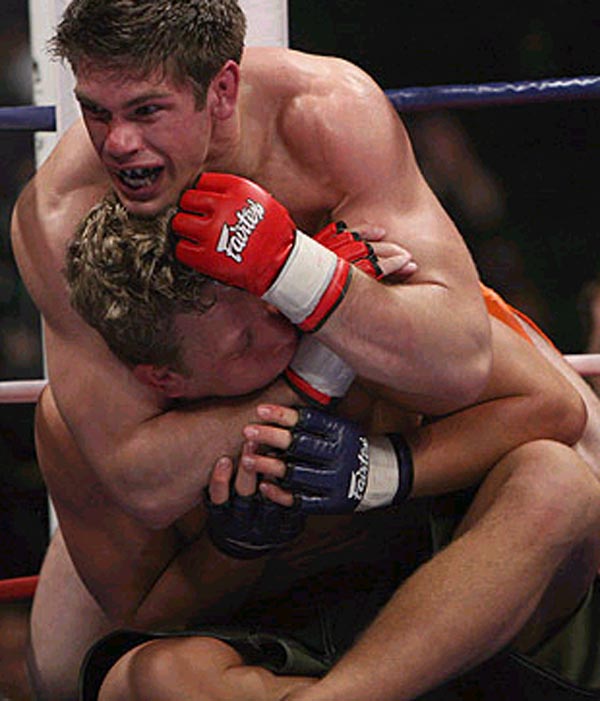
The Times doesn't approve:
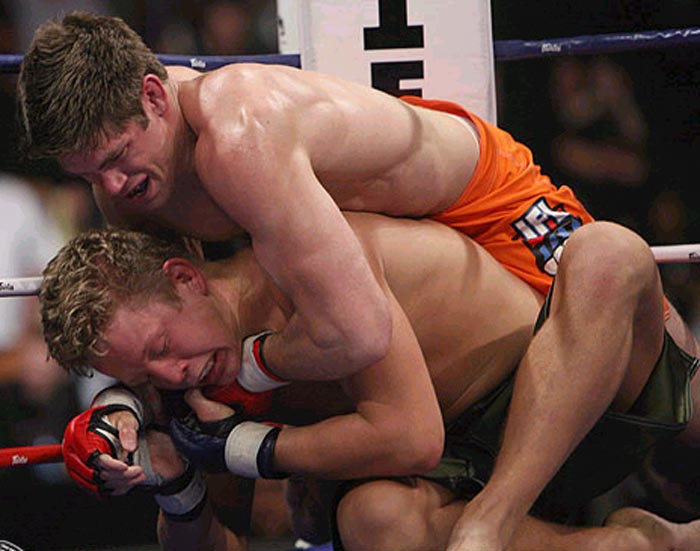
The Times doesn't approve:
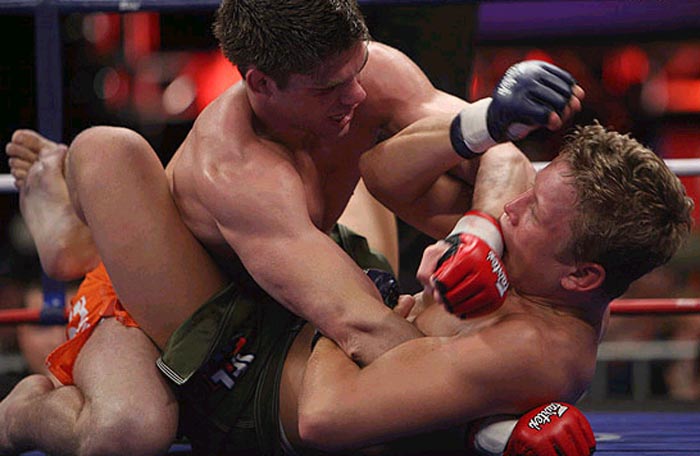
The Times doesn't approve:
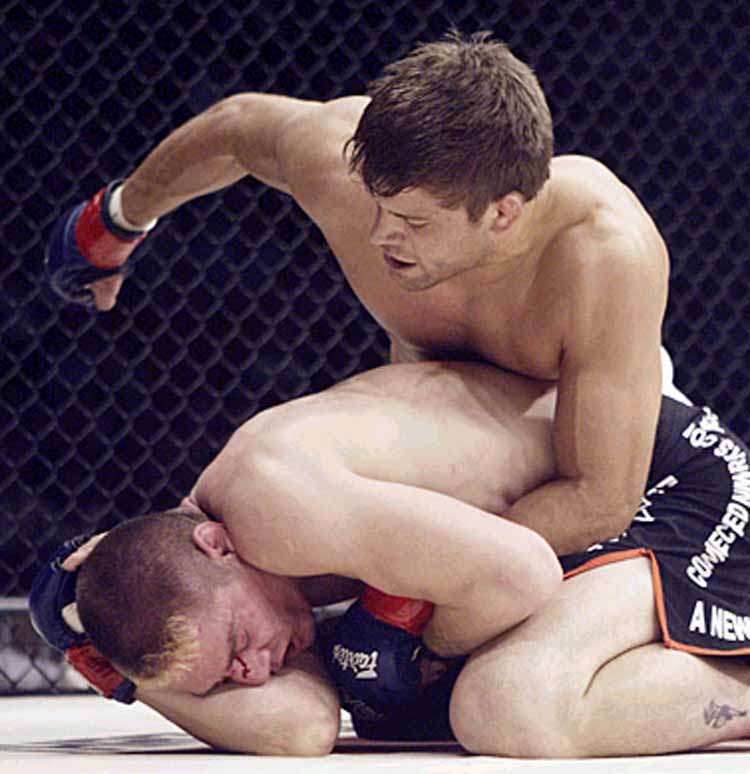
The Times doesn't approve:
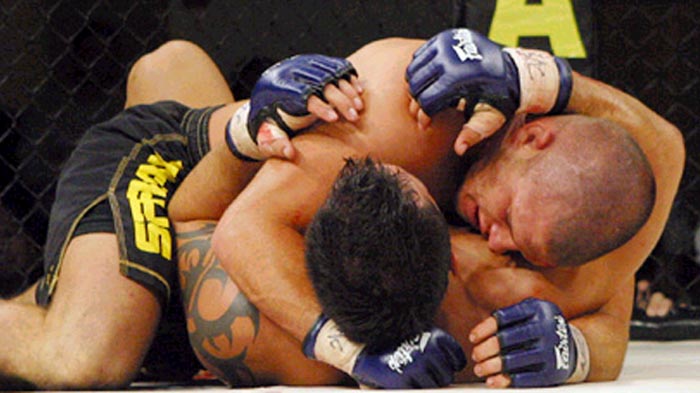
The Times doesn't approve:
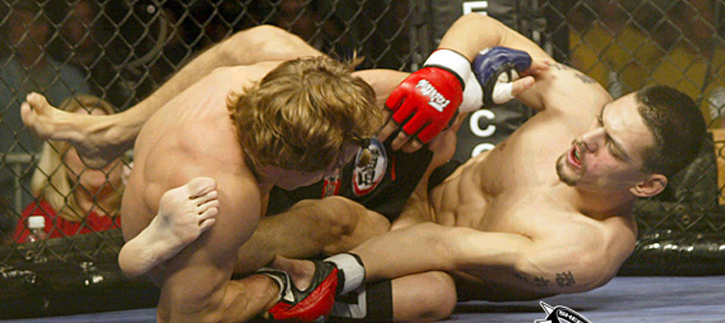
The Times doesn't approve:
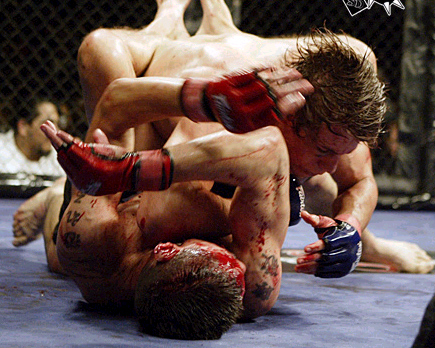
The Times doesn't approve:
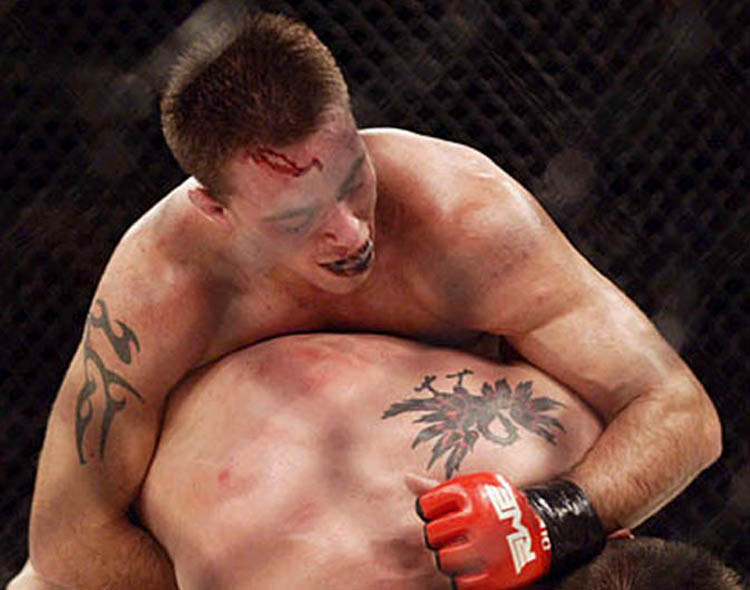
The Times doesn't approve:
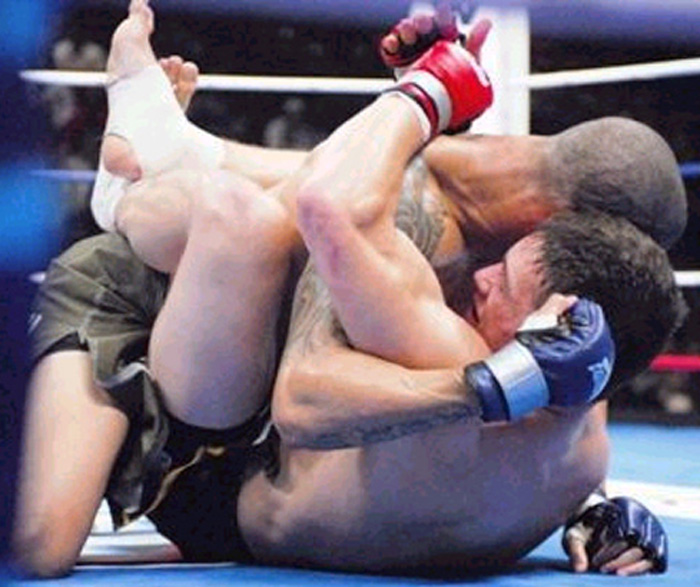
The Times doesn't approve:
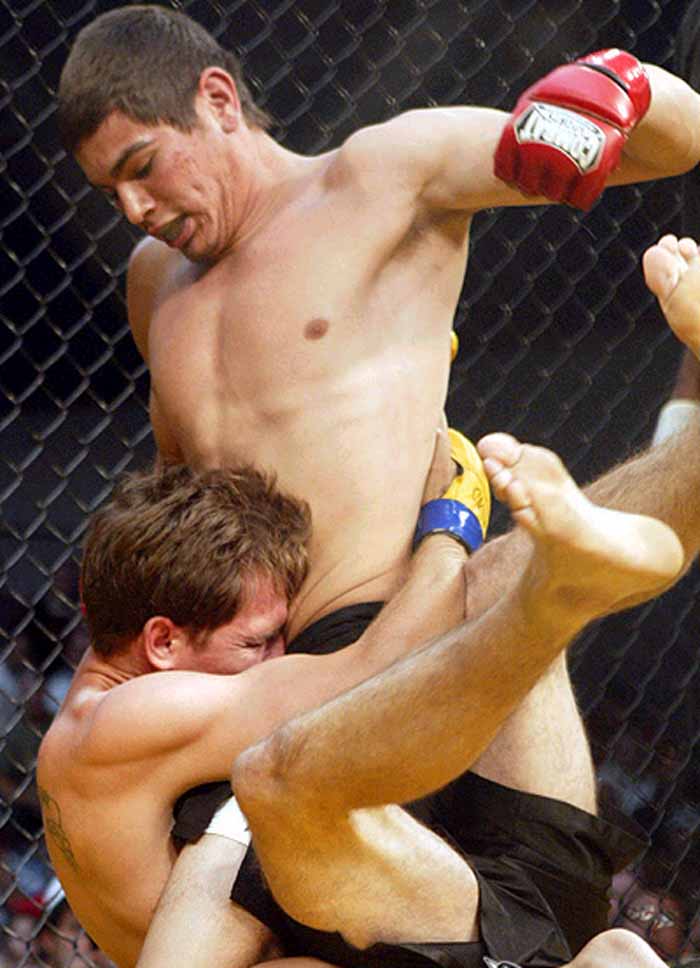
The Times doesn't approve:
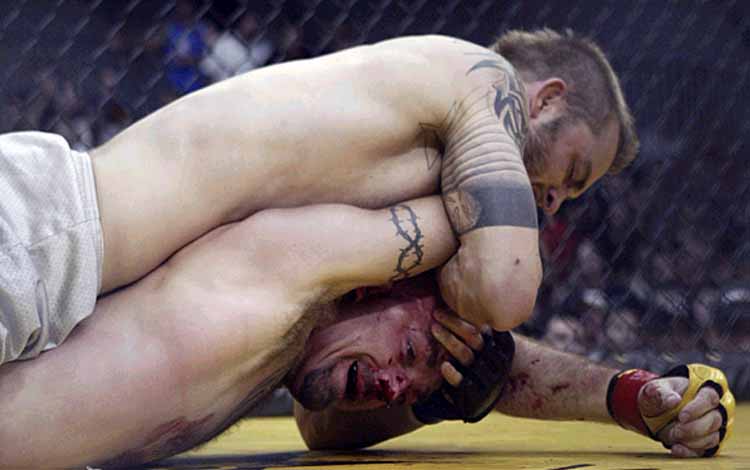
The Times doesn't approve:
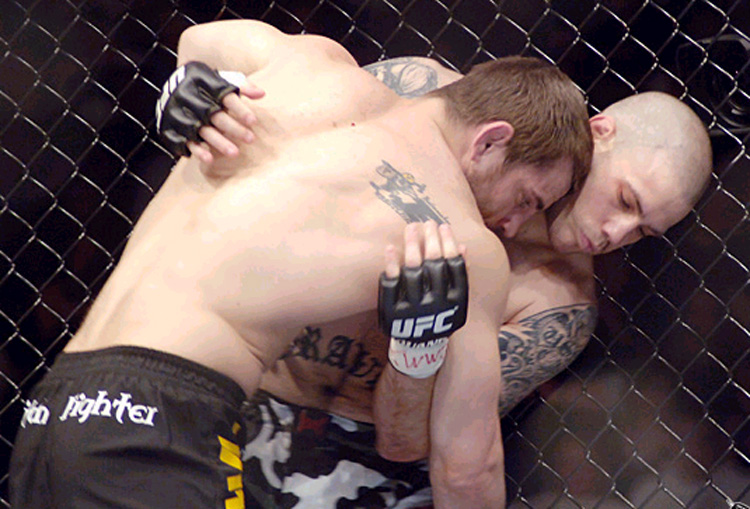
The Times doesn't approve:
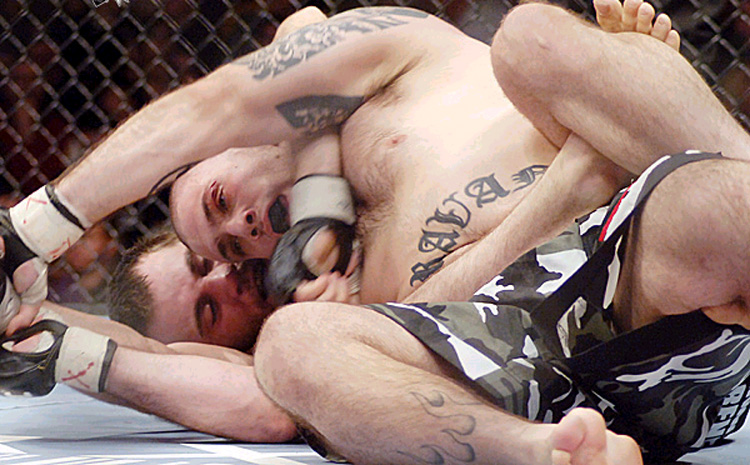
The Times doesn't approve:
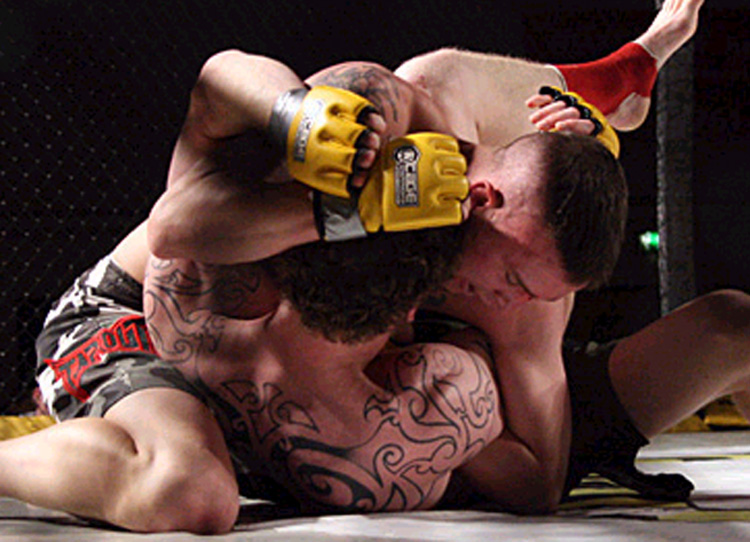
The Times doesn't approve:
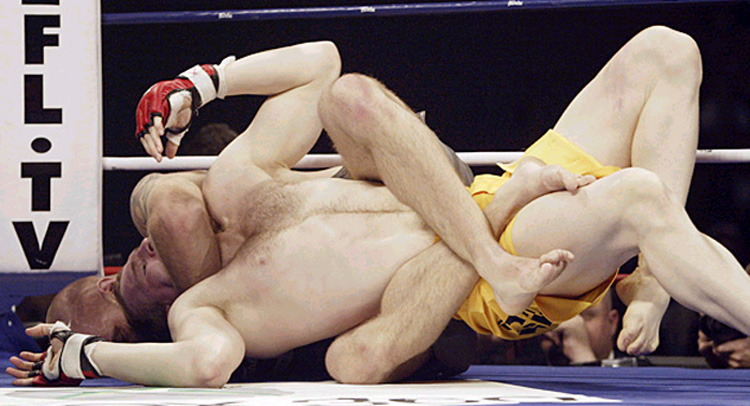
The Times doesn't approve:

The Times doesn't approve:
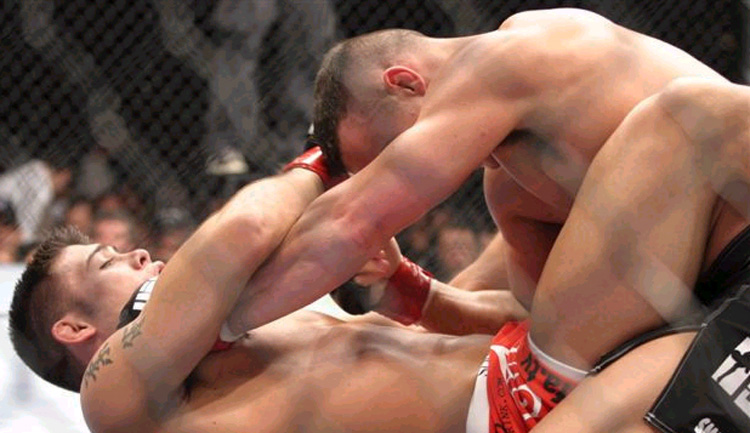
The Times doesn't approve:
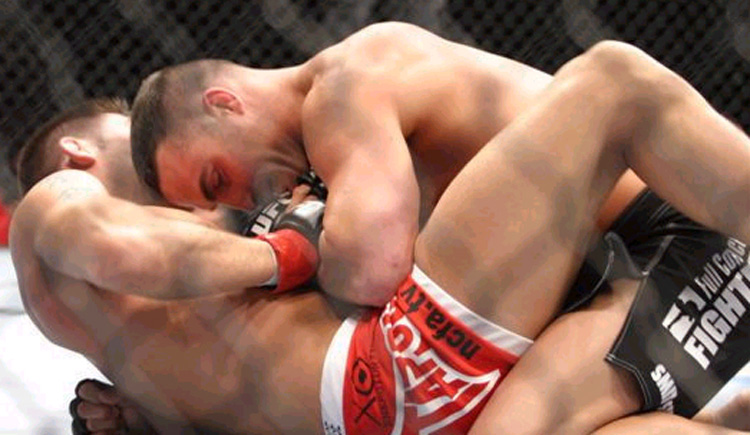
The Times doesn't approve:
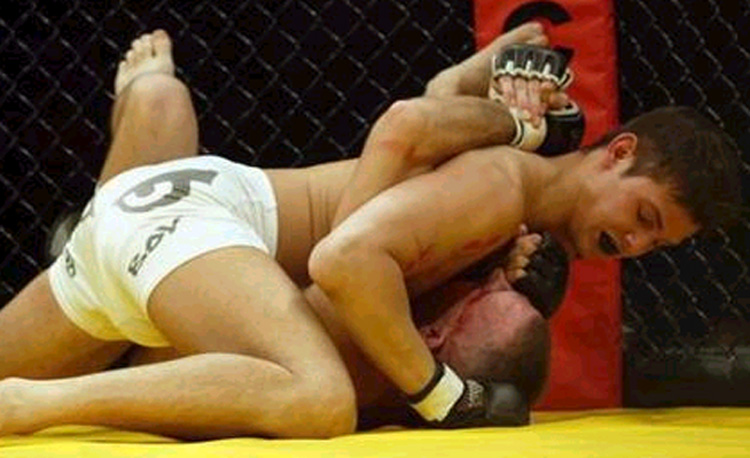
The Times doesn't approve:
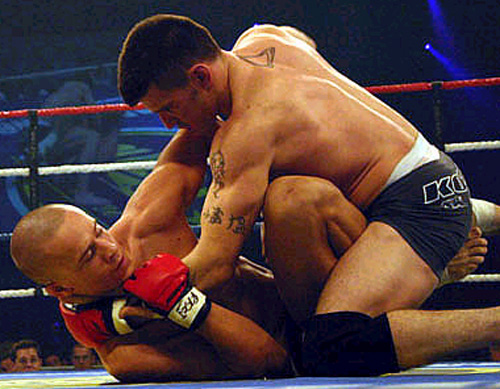
The Times doesn't approve:
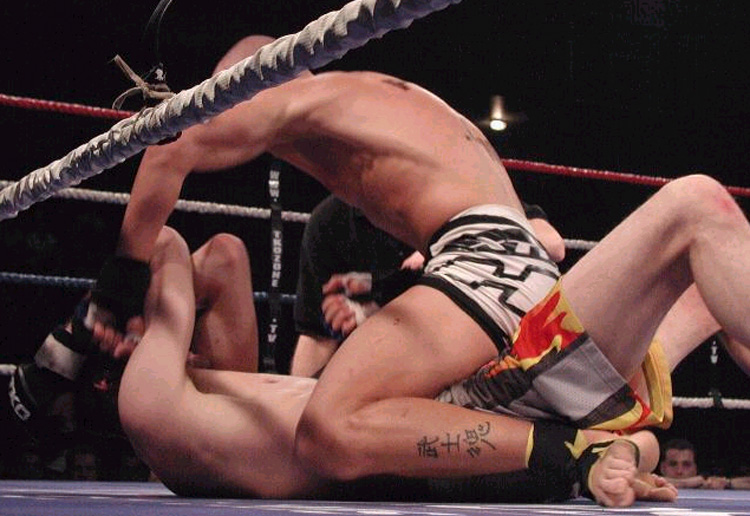
The Times doesn't approve:
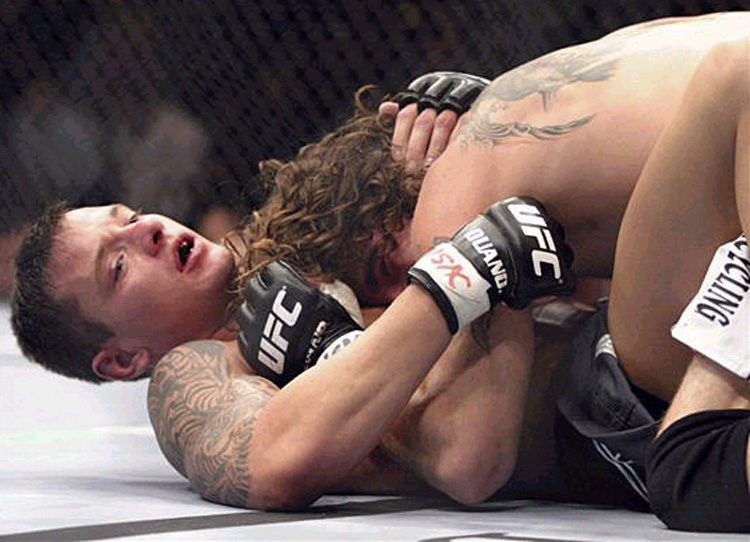
The Times doesn't approve:
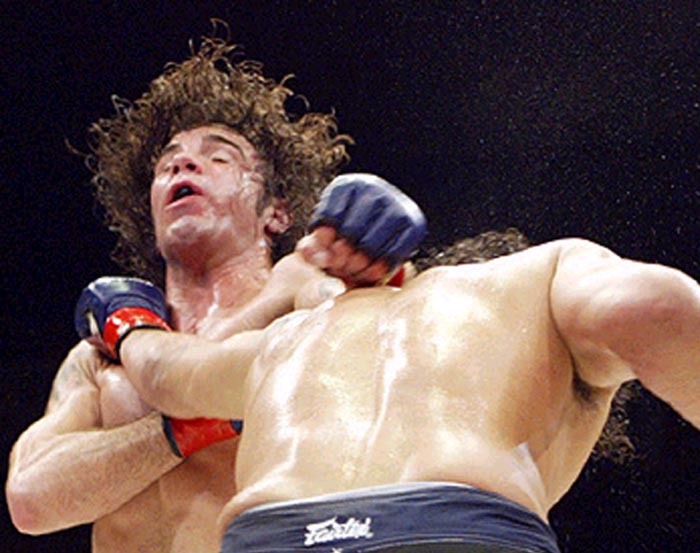
The Times doesn't approve:
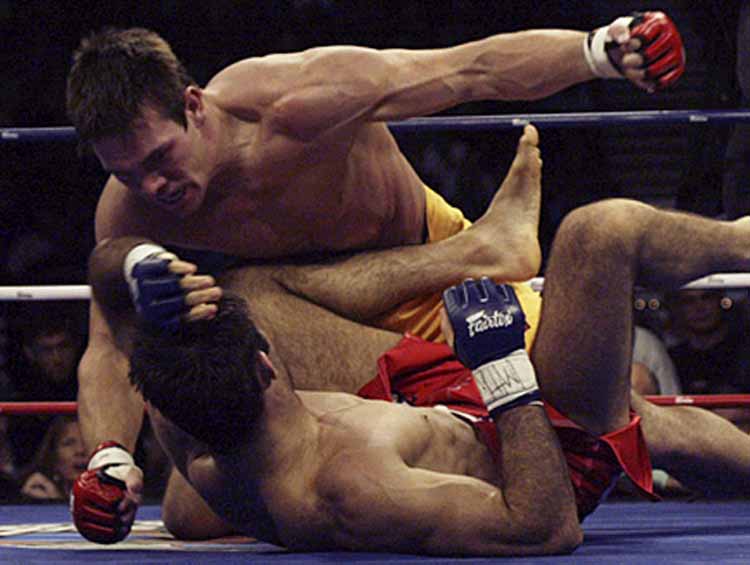
The Times doesn't approve:

The Times doesn't approve:
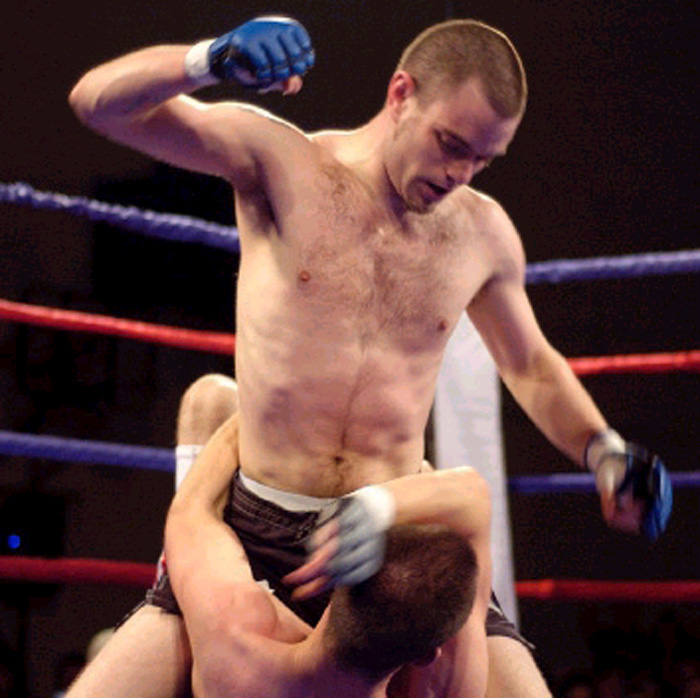
The Times doesn't approve:
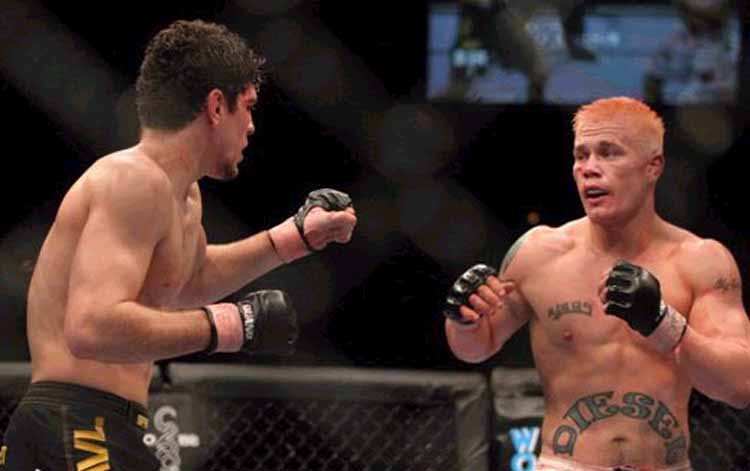
The Times doesn't approve:
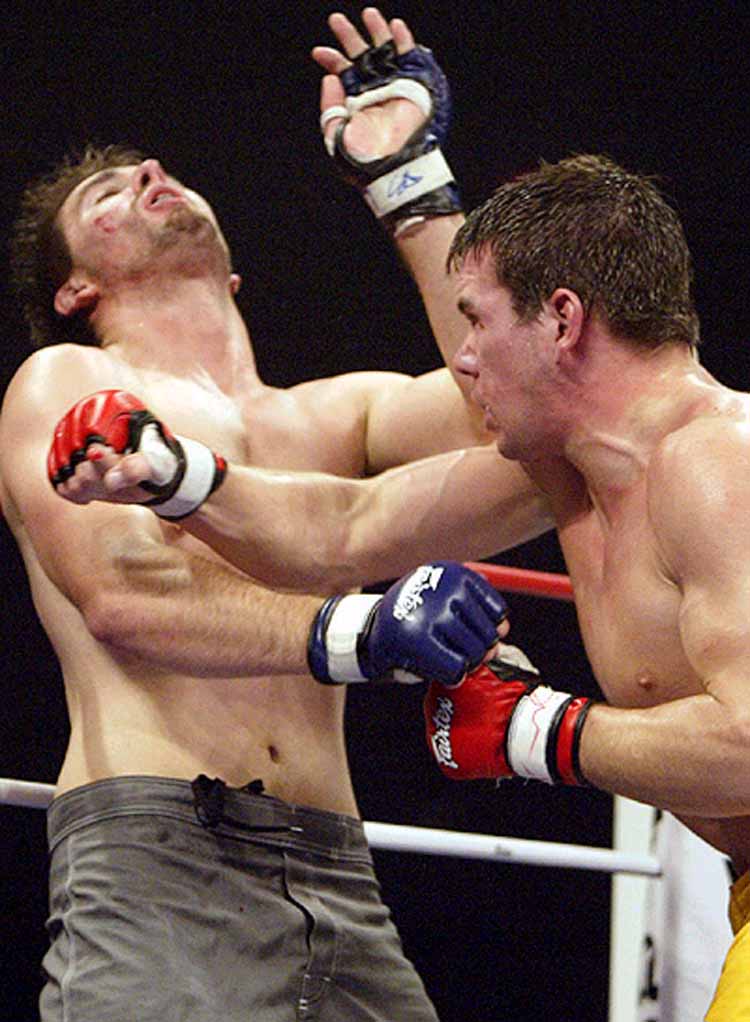
The Times doesn't approve:
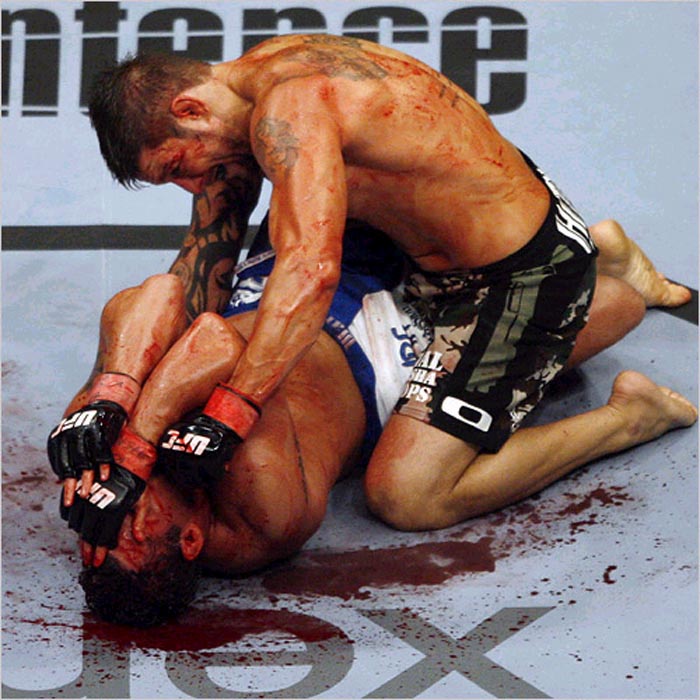
The Times doesn't approve:
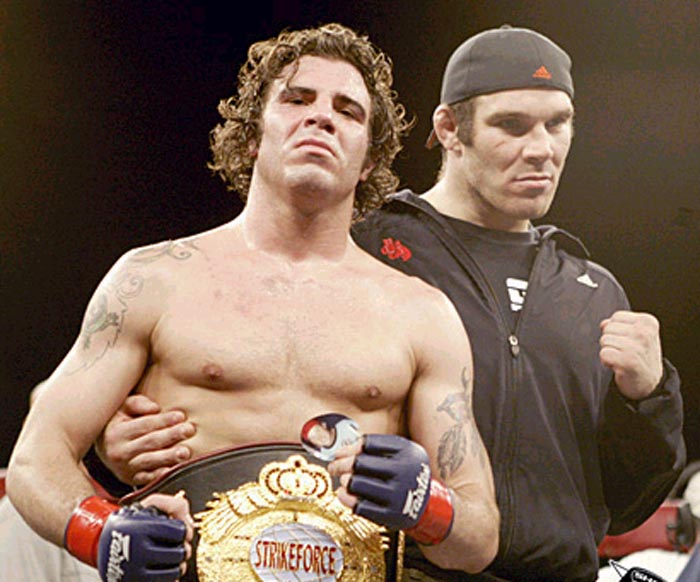
The Times doesn't approve:

The Times doesn't approve:

I know:
That's a lot of "The Times doesn't approve."
But what I'm trying to get you to see -- is that if YOU approve, which I know you do -- you stand at odds with that great cabal of heterosexualization which applauded Heath Ledger at every step and tried so hard to cover up the truth about his drug abuse.
Of course, there's skin-on-skin in Brokeback;
but it's the skin-on-skin of one male character, played by Ledger, raping and effeminizing another.
It's dishonorable, it is in its essence not just UNnatural but UNmanly, and that's why A O Scott and so many others in our modern world -- like and approve of it so very very much.
They see -- and they applaud.
As long and loud as they can.
Even after death has claimed the tormented male's self-destructive life -- they continue to applaud.
The "tormented, brooding, self-destructive" male of Heath Ledger's type is put forward over and over and over again by Mr Scott of the Times and others of his ilk as superior to the Man;
superior to the Man who Fights;
superior to the Man who Fights and who in Fighting displays the quintessential qualities of the Hero.
Remember all those words and terms that Mr Scott doesn't like:
"warrior ethic"
"valor and freedom"
"noble purpose"
"higher cause"
"fight harder and more valiantly"
"muscle-bound"
"wrestling"
"grunting"
and "free, manly men"
It's the "free, manly men" whom Mr Scott doesn't like.
The "free, manly men" who created the civilization atop which Mr Scott so comfortably sits.
Those Men are Heroes -- and Mr Scott doesn't like heroes.
He made that very clear in his review of 300.
But 300 -- and granted that it was a Hollywood effort -- was nevertheless and remarkably true to the SPIRIT of what happened at Thermopylae.
Where 300 Manly Men -- which is what they were -- died to prevent the enslavement of Greece.
Their sacrifice made possible that great flowering of culture which is known to historians as the Greek Miracle.
Without which, we would not exist.
In Agoge Reply III we talked about Pindar's Victory Songs -- his "epinikia."
They were written for victors in the Olympic Games.
Had the Persians prevailed, there would have been no games and no victors.
And no songs.
That's the truth.
And, regarding all those pictures I just showed you of Men in Mixed Martial Arts Fighting --
that Fighting of which the Times does not approve --
as almost infinitely corrupt as our culture has become, the fact is that those Men, in their strenuous physical struggles to overcome one another, are as close as we today come to the Greek conception of the Agon --
the Contest.
Which within contains, as one authority has said,
a whole attitude to life -- the attitude of a free man competing with his peers, naked, unfettered by any element foreign to his own body, conforming only to the rules of the game, with the sole aim of winning for himself an olive crown -- in other words a purely moral victory -- and the praise of his fellow men.
Now, and unfortunately, in my view, the fighters you see are on the whole paid.
And they are to some degree clothed and therefore fettered.
The fetters -- are avoidable.
So for that matter, had we the will -- would be the pay.
Nevertheless, those Manly Men you see Fighting in those pictures are as close as we get to the Greek Ideal.
Which is an Heroic Ideal.
And that's what this particular argument over this one dead actor boils down to.
The "brooding, tormented, self-destructive" young male, he who, as Redd has said, acts heterosexism's script, is, we're told, superior to the Hero.
But that very apparently wasn't true of Ledger.
He wasn't superior.
He was having a lot of problems with the role *he* had chosen to play in life.
Ironically, the pampered life of the anti-masculine Hollywood star, which Ledger had been leading, had taken a tremendous toll on him.
Said one entertainment writer:
When I last saw him, at the Venice film festival in September, he looked shattered. He could have been 50, with lines etched deep in his face and the weight of the world on his 6ft frame. He complained to The New York Times in his last official interview in November of getting only two hours' sleep a night.
Said another:
That same month, in a videotaped interview with The Envelope, the Los Angeles Times' award show website, Ledger was clearly slurring and unfocused as he discussed his role in "I'm Not There," a film in which a series of actors portray Bob Dylan personas.
"shattered", "slurring and unfocused", "the weight of the world on his 6ft frame"
And why would that be?
The real-life Heath Ledger, so well-adjusted and relaxed we were told, so at home in playing a "bisexual" male when he himself, he insisted, wasn't, so happy with his wife and baby in Brooklyn, now suddenly appears in the guise of the classic, in Noel Coward's words, "lose hope, shoot dope, and lock yourself in the john" movie star.
Who just happened to be very popular among gay men and their feminist allies.
And for what reason?
Yes, he played a "gay icon" -- but all the while steadfastly and sometimes angrily denying that he was "gay" or had any same-sex feelings:
"Heath Ledger Interview" - On Top: In "Brokeback Mountain"by Tim Nasson, Wild About Movies publisher
December 9, 2005
...
The film ["Casanova," which stars Ledger and which was released at the same time as Brokeback], Lasse Hallstrom's lastest, (director of "The Cider House Rules," "Chocolat" and "My Life As A Dog"), ia a spectacular farce yet, many wonder if Ledger chose the film - opening in most cities the same day as "Brokeback Mountain" - about a man, in Victorian era England, who sleeps with thousands of women - as the antidote to "Brokeback Mountain," a film in which he 'tops' (polite, gay slang for 'fucks'), Jake Gyllenhall's character.
"That's so fucking ridiculous," Ledger says, when I ask him about the rumors going around Hollywood and the gay community.
...
"The reason I chose to play Ennis in 'Brokeback' was, I thought it was about time I take on a mature role."
Right -- because he thought, though he denies it in that interview, that it would help his career.
But he -- or his handlers -- made damn sure that Brokeback would be coupled with a film in which he played a ruthlessly womanizing character.
Didn't matter.
The damage had been done -- though not just to Heath Ledger.
As one young writer asked Yahoo:
Was Heath Ledger gay in real life? Is that why he killed himself???
Because he was in that one movie where he played the gay guy with that Donnie Darko guy and they had bum sex in a mountain. Maybe like he turned gay or was really gay in real life. I don't know but maybe the movie and playing the role of the gay made him gay? Maybe someone knows.
Which brings us to the next part of this post.
Because during all the initial fuss over Ledger, in the first day following the report of his death, I started reading one of the NY Times' blogs, this one commenting on the circumstances under which -- that is, the masseuse, the celebrity phone calls, etc -- his body was found.
Of course reading that sort of blog, which is dominated by a public which can't get enough of celebrity, dead, dying, or otherwise, is depressing.
There were more than 200 comments.
The first fourteen were what you'd expect.
Then there was this one:
15.
January 23rd, 2008
How many soldiers die in Iraq and Afghanistan each and every day. Their names are known to no one except their families. This story is sad, but in the grand movie of our lives, does it rate total two day coverage? He's young, he died, So many have, and that's pity. You have to ask, who is more important, and why haven't we told their stories?
- Posted by linda
I agreed with Linda and I wondered if anyone would pick up on what she said.
No.
People went on speculating about the masseuse and the rolled-up twenty-dollar bill found near the body, etc.
Finally, seventy-six dreary posts later, poster #91 had something to say relevant to Linda's question about who do we care for, and why.
But it wasn't very nice:
91.
January 23rd, 2008
I am so annoyed by the extremely dumb person above who said that we shouldn't be talking about heath the day after his death, since there are so many soldiers dying in iraq and we don't know their names and don't care about their deaths and life stories. "you have to ask yourself who is more important, and whose life stories we should tell". Who is more important? Nobody is rating the importance of heath ledger's life here. He is a talented young actor who we've all been watching for years, and his death is shocking. It's hypocrisy to even be saying such a thing when you are someone who immediately read about his death and posted a comment. It's not shocking when a soldier dies. They enlisted voluntarily, to go fight a war, knowing they could very easily die fighting it. What do you suggest, that they film a documentary for each soldier that dies. I don't care how sad that makes you feel, there is no way you care about the deaths of individual people you don't even know. the bottom line is you are a total hypocrite and your bit on dying soldiers is not virtuous at all.
- Posted by kay
Whew.
Kinda takes your breath away doesn't it?
Kay claims that no one is putting Ledger's life ahead of a soldier's -- but of course people are doing just that.
And so is she -- very directly:
It's not shocking when a soldier dies. They enlisted voluntarily, to go fight a war, knowing they could very easily die fighting it. What do you suggest, that they film a documentary for each soldier that dies.
"It's not shocking when a soldier dies."
Try telling that to the soldier's family.
Or to his buddies:

"What do you suggest, that they film a documentary for each soldier that dies."
Why not?
Suppose our country empowered and paid artists to make a brief commerative film about each soldier who'd died, and then presented the film to his family as a token of thanks from a grateful nation?
Why not?
It wouldn't be that difficult to do.
Interviews with family and friends -- including buddies from the service -- and collecting and stitching together any video or still material depicting the fallen.
That's possible.
And it should be done.
The truth is, the way we've treated both the dead and the living soldiers from this war is disgraceful.
And you see it in that blog.
A dead actor is considered far more important than a dead soldier.
And most people don't even pretend to think otherwise.
So what's going on within the blog is a little culture war.
In which, once again, the issue is masculinity.
A large part of Mr Ledger's popularity was based on his role in Brokeback -- and other movies -- in which masculinity was attacked and deconstructed.
While our soldiers in Iraq are fulfilling traditionally masculine roles.
Specifically: they're fighting.
For freedom.
For a "higher cause."
One might even say that they were heroes.
Real-life heroes.
Exactly the sort of thing Mr Scott of the Times doesn't like or approve of.
And neither apparently, do Mr Ledger's fans.
Most of the posts that I saw, studiously ignored Linda and her point.
But there's no getting around the truth of what she said.
And it is a question of values and very fundamental values in the culture.
Heath Ledger was an actor.
What he did was to present a series of facades to the public.
Some people found some of those facades entertaining.
But that's what he was doing -- he was an entertainer.
We're told that he was tormented by his last role -- which was that of a villain in a comic book; whom he termed a "psychopathic, mass-murdering, schizophrenic clown with zero empathy."
Okay.
Supposing that wasn't a line fed him by his publicist, and nevertheless, how tormenting could it be to play a comicbook villain?
He wasn't doing Richard III or Iago after all -- he was playing the Joker.
And playing villains is part of the actor's craft.
If Gregory Peck could play Mengele -- who was a real-life psychopath and literal mass-murderer -- without becoming unhinged, why couldn't Ledger play the entirely fictional Joker?
Of course, the bit about being "tormented" by having to play the Joker is what he told the Times.
With People, he had a different take:
"It's the most fun I've had with a character and probably will ever have," he said. "The movie itself is far exceeding my expectations. I think it's going to be a really fun movie to watch."
Gee.
Which is it?
Fun or torment?
After reading this crap for a while, you begin wondering not only if there's anything about this guy's life you can believe, but if there was anything he believed.
In my view, there's very little substance to a person like Heath Ledger.
He's an actor.
He is, to quote Noel Coward again, "financially, amply, rewarded."
For doing not much of anything.
The opposite is true of a soldier in Iraq.
Sure, people have varying reasons for enlisting.
But among those reasons, commonly, are love of country and a desire to defend freedom.
Those motives are substantial.
The pay isn't.
Unlike a mis-representer of our male estate like Heath Ledger, most soldiers and their families live in relative poverty.
An Australian newspaper, The Age, claimed that Ledger was paying $23,000 per month for his Manhattan apartment -- in SoHo, which is very fashionable.
That sounded high to me, but I checked the listings and quickly found an apartment in the same neighborhood listed at $19,500 per month.
So $23,000 is not inconceivable.
But guess what?
Turns out the $23,000 figure was low.
Because Ireland On-Line then reported that the apartment, which is now back on the market, actually cost $24,000 a month:
The vast apartment is 10 times the size of many Manhattan homes, with 4,400 square feet of floor space; three bedrooms; two and a half bathrooms; an office; laundry room; kitchen and balcony.
Ledger was paying a reported $24,000 (Euro 16,600) a month in rent - so prospective new renters will need to be high earners.
$24,000 -- per month -- is substantially more than most soldiers are paid -- per year:
A private's pay starts at under $14,000 per year.
The fact is that Heath Ledger died at home, in his bed -- peacefully.
That isn't what happens when a soldier is killed in Iraq.
Most often he's blown apart by a roadside bomb.
Just not the same deal.
Then there was this:
209.
January 25th, 2008
In response to post #15:
Soldiers die on a daily basis, you're absolutely right about that. Unfortunately it comes with the territory of those who are placed in such situations.
However, Heath Ledger was not a soldier. He was not in, nor do I suspect he had ever been to, Iraq. Much like the families of those lost in conflict grieve, we grieve the loss of a talented young man whose work has given many people the opportunity to form a personal connection.
"a personal connection"
What bullshit.
In attempting to justify his neglect of "soldiers who die on a daily basis," this guy is saying that his relationship with an image on a screen is as profound as that of a father to his son.
No.
And what a feeble rationalization for a society made empty and false by its focus on effeminized fantasy.
So: What you can see clearly going on in that Times' blog, is part of a larger culture war attacking men and masculinity -- by attacking soldiers.
Those attacks are omnipresent in the media.
For example, on January 13, 2008, the NY Times started a series titled, Across America, Deadly Echoes of Foreign Battles
The teaser for the series reads "A series of articles and multimedia about veterans of the wars in Iraq and Afghanistan who have committed killings, or been charged with them, after coming home."
"Deadly Echoes of Foreign Battles" -- "veterans who have committed killings" -- the implication is clear.
Soldiers learn to kill while overseas -- and then come home and keep killing.
The Times:
The New York Times found 121 cases in which veterans of Iraq and Afghanistan committed a killing in this country, or were charged with one, after their return from war. In many of those cases, combat trauma and the stress of deployment -- along with alcohol abuse, family discord and other attendant problems -- appear to have set the stage for a tragedy that was part destruction, part self-destruction.
Three-quarters of these veterans were still in the military at the time of the killing. More than half the killings involved guns, and the rest were stabbings, beatings, strangulations and bathtub drownings. Twenty-five offenders faced murder, manslaughter or homicide charges for fatal car crashes resulting from drunken, reckless or suicidal driving.
Okay.
But first off, there's a big difference between drunk driving which results in death, and outright murder.
If you subtract the drunk drivers, you have less than one hundred instances of homicide.
A fact which a Pentagon spokesman was quick to point out:
The Pentagon was given The Times's roster of homicides. It declined to comment because, a spokesman, Lt. Col. Les Melnyk, said, the Department of Defense could not duplicate the newspaper's research. Further, Colonel Melnyk questioned the validity of comparing prewar and wartime numbers based on news media reports, saying that the current increase might be explained by "an increase in awareness of military service by reporters since 9/11." He also questioned the value of "lumping together different crimes such as involuntary manslaughter with first-degree homicide."
Indeed.
The Times itself notes,
Given that many veterans rebound successfully from their war experiences and some flourish as a result of them, veterans groups have long deplored the attention paid to the minority of soldiers who fail to readjust to civilian life.
To which the Times says, Nevermind:
But these killings provide a kind of echo sounding for the profound depths to which some veterans have fallen, whether at the bottom of a downward spiral or in a sudden burst of violence.
the "killings provide a kind of echo sounding for the profound depths to which some veterans have fallen"
Uh-huh.
Problem is that the Times makes it appear that ALL soldiers have fallen to those depths and are prone to this sort of violence.
And there's a further and enormous problem with the Times' report, which is that it failed utterly to give us any stats on the homicide rate among veterans as compared to the rate among non-vets of the same age.
That's appalling.
Fortunately, an anti-Times' website saw that gaping hole in the Times' report and filled in the gap:
As of 2005, the homicide rate for Americans aged 18-24, the cohort into which most soldiers fall, was around 27 per 100,000. (The rate for men in that age range would be much higher, of course, since men commit around 88% of homicides. But since most soldiers are also men, I gave civilians the benefit of the doubt and considered gender a wash.)
Next we need to know how many servicemen have returned from Iraq or Afghanistan. A definitive number is no doubt available, but the only hard figure I've seen is that as of last October, more than 500,000 U.S. Army personnel had served in either Iraq or Afghanistan. Other sources peg the total number of personnel from all branches of the military who have served in the two theaters much higher, e.g. 750,000, 650,000 as of February 2007, or 1,280,000. For the sake of argument, let's say that 700,000 soldiers, Marines, airmen and sailors have returned to the U.S. from service in Iraq or Afghanistan.
Do the math: the 121 alleged instances of homicide identified by the Times, out of a population of 700,000, works out to a rate of 17 per 100,000--quite a bit lower than the overall national rate of around 27.
But wait! The national rate of 27 homicides per 100,000 is an annual rate, whereas the Times' 121 alleged crimes were committed over a period of six years. Which means that, as far as the Times' research shows, the rate of homicides committed by military personnel who have returned from Iraq or Afghanistan is only a fraction of the homicide rate for other Americans aged 18 to 24. Somehow, the Times managed to publish nine pages of anecdotes about the violence wreaked by returning servicemen without ever mentioning this salient fact.
That's correct.
And while I may or may not agree with anything else on that particular blogsite, the failure of the Times to put these murders in a larger context was very telling.
Telling, that is, of anti-soldier, anti-masculine, anti-Man and anti-Warrior bias.
And when I say "anti-Warrior" I mean it.
This is an essentially feminist bias which the Times' reporters do not limit to America, or to modern war.
For there was this in the article:
In an online course for health professionals, Capt. William P. Nash, the combat/operational stress control coordinator for the Marines, reaches back to Sophocles' account of Ajax, who slipped into a depression after the Trojan War, slaughtered a flock of sheep in a crazed state and then fell on his own sword.
...
"The connection between war and crime is unfortunately very ancient," said Dr. Shay, the V.A. psychiatrist and author. "The first thing that Odysseus did after he left Troy was to launch a pirate raid on Ismarus. Ending up in trouble with the law has always been a final common pathway for some portion of psychologically injured veterans."
Those are both real knee-slappers.
For instance, while it's true that Ajax killed some sheep and then killed himself, that all happened well BEFORE the end of the Trojan War, and it was not a case of PTSD.
Ajax was Achilles' cousin and after Achilles the mightiest warrior in the Greek army.
When Achilles was killed, Ajax fought hardest to reclaim Achilles' body from the Trojans.
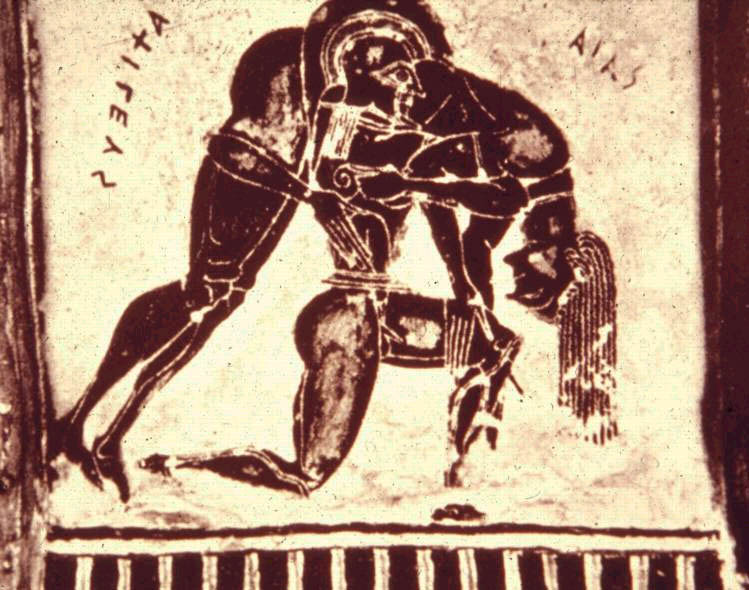
Ajax having retrieved and returned, at great personal risk, the body to the Greek camp, there then arose the question of who would be awarded Achilles' armor, which had been made by the god Hephaistos.
Both Ajax and Odysseus wanted the armor.
Which put the Greek leadership in a bind.
Ajax was their mightiest warrior; Odysseus their cleverest and most astute tactician.
The leadership couldn't afford to piss off either man.
So they suggested that each man argue his case before a group of Trojan prisoners of war, and let the *Trojans* decide.
The Trojans then found for Odysseus -- who of course was glib, and better at presenting his argument.
(I guess I'd better say, at this point, that this is Quintus Smyrnaeus' version; in Sophocles, which you can easily find online, the decision was made by the leadership -- Agamemnon and Menelaus -- themselves.
But that's immaterial.)
Ajax, who, like Coriolanus, was a blunt and plain-spoken Warrior, was very upset by what he saw as a betrayal.
And he did kill himself.
But he killed himself because he was outraged by the way he'd been treated by his fellow Greek soldiers.
He felt betrayed.
And he was proud.
Too proud -- as is commonly the case in Greek tragedy.
He couldn't get beyond the award of the armor to his rival -- whom he believed was the lesser man.
That's not the same as PTSD.
Ajax wasn't having flashbacks to Achilles' or anybody else's death, nor was he tortured with regret about having killed civilians.
Far from it.
To someone like Ajax, the point of the war was avenging the abduction of Helen, reclaiming her for her husband, and killing and enslaving as many Trojans as possible.
While, of course, covering himself in glory.
So -- he wasn't suffering from some trauma or guilt associated with the war.
He believed in what he was doing.
He also believed that he deserved the armor, and that it been awarded, through a ruse, to someone less worthy.
What bothered him then was a point of ancient honor.
And while it may be difficult for moderns to understand -- what isn't difficult is seeing that this has nothing to do with our contemporary conception of PTSD.
As for Odysseus:
My response is Yeah dude.
Then he blinded a one-eyed man with a red hot poker and made him fall off a cliff.
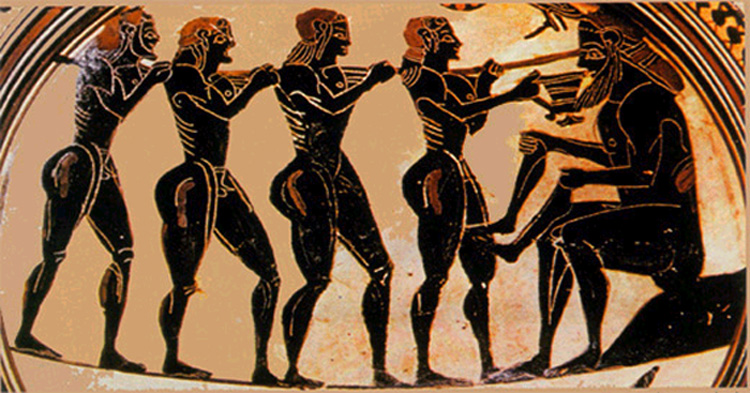
The complete kylix is shown below.
Notice the bearded snake above the Warriors' heads
It's a symbol of male power
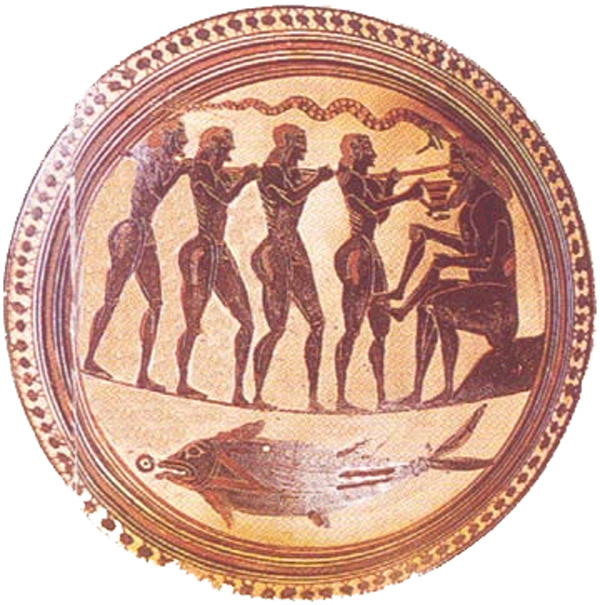

First Ajax and then Odysseus.
At the rate these deconstructors of ancient masculinity are going, they'll be locking up David for carrying a slingshot and charging Sampson with bringing down the house.
Here's another example:
Recently NW sent me an article from CBS news claiming, in sensationalist terms, a huge rate of suicide among returning US vets:
...veterans were more than twice as likely to commit suicide in 2005 than non-vets. (Veterans committed suicide at the rate of between 18.7 to 20.8 per 100,000, compared to other Americans, who did so at the rate of 8.9 per 100,000.)
One age group stood out. Veterans aged 20 through 24, those who have served during the war on terror. They had the highest suicide rate among all veterans, estimated between two and four times higher than civilians the same age. (The suicide rate for non-veterans is 8.3 per 100,000, while the rate for veterans was found to be between 22.9 and 31.9 per 100,000.)
Sounds pretty bad doesn't it?
The report termed its findings "stunning" and "devastating," and declared that there was an "epidemic" of suicide among vets.
And CBS immediately took the VA to task -- and no doubt properly so.
As I said earlier, the treatment of our soldiers, both in Iraq, and having returned, has been dreadful and is a national disgrace.
But the figures cited by CBS have to be compared to other groups.
Doctors for example.
Rates of Psychosocial Problems Among Physicians
Suicide
The overall physician suicide rate cited by most studies has been between 28 and 40 per 100,000, compared with the overall rate in the general population of 12.3 per 100,000.[1] Overall, then, physicians are more than twice as likely as the general population to kill themselves. Each year, it would take the equivalent of 1 to 2 average-sized graduating classes of medical school to replace the number of physicians who kill themselves. This rate appears higher than among other professionals.[2]
Why is the rate so high among physicians?
The reason usually given is that doctors have easy access to the means -- pills, etc.
The same could be said of veterans, who usually have easy access to guns.
Now of course other things may be going on.
But here once again is CBS:
...veterans were more than twice as likely to commit suicide in 2005 than non-vets. (Veterans committed suicide at the rate of between 18.7 to 20.8 per 100,000, compared to other Americans, who did so at the rate of 8.9 per 100,000.)
One age group stood out. Veterans aged 20 through 24, those who have served during the war on terror. They had the highest suicide rate among all veterans, estimated between two and four times higher than civilians the same age. (The suicide rate for non-veterans is 8.3 per 100,000, while the rate for veterans was found to be between 22.9 and 31.9 per 100,000.)
Bill:
"vets were more than twice as likely"
The same could be and is said of physicians.
But no one suggests that people shouldn't become doctors, or that the AMA is responsible.
And there are other groups in the population with even higher rates of suicide, such as elderly men:
Among the highest rates (when categorized by gender and race) are suicide deaths for white men over 85, who had a rate of 54/100,000.
Then there are other problems with the CBS figures, which you can figure out for yourself by going to the CDC's Injury Mortality Report website.
For example, CBS claimed that the suicide rate for ordinary Americans is "8.9 per 100,000."
But the figure I got on the CDC site was 10.4 per 100,000.
Moreover, our military is still overwhelmingly male.
The suicide rate for males of all ages is 17.97 per 100,000.
For guys age 20-24 -- it's 20.22 per 100,000.
CBS: "the rate for veterans was found to be between 22.9 and 31.9 per 100,000."
That's a big spread -- and who knows why it's there?
But the lower figure -- of 22.9 per 100,000 -- isn't much greater than that of all American males age 20-24 -- of 20.22 per 100,000;
and can easily be explained simply through greater access to guns.
Moreover, remember that we said that the suicide rate for males of all ages is 17.97 per 100,000.
Guess what?
The suicide rate for active duty personnel in the Army is a bit lower -- 17.3 per 100,000 troops.
Of course that's for active duty personnel -- not vets.
Still, it's actually lower than the over-all US rate for males in general.
And I saw another article in the Times which said there was no difference in suicide rates between civilians diagnosed with clinical depression and veterans diagnosed with clinical depression.
Of course, in the study reported in the Times, both civilians and veterans are receiving treatment.
Presumably some of the vets cited by CBS did not.
Nevertheless, what CBS is calling an epidemic -- doesn't appear to be one at all.
The figures CBS cites are just not that different from those of non-veteran guys in the same age group, and of American males in general.
Other groups have higher rates of suicide.
And on at least one parameter, active duty military are doing better -- than civilians.
So: What concerns me about these articles in the Times and on CBS is --
that by presenting "statistics" totally without context -- they can easily suggest that being a soldier makes you inherently unstable and dangerous.
While so far as I can see, there's no evidence for that.
Of course the figures that CBS turned up -- if accurate -- are very concerning.
And of course everything should be done to insure that our soldiers get state-of-the-art medical care, including psychiatric care.
But equally concerning to me is the steady drumbeat in the press depicting our repatriated soldiers as inherently violent.
And what's striking about both the Times' article on soldier homicide and the CBS report on soldier suicide is the complete absence of statistical context.
When we tell you, by contrast, that the rate of MRSA is 13 times higher among gay men in San Francisco than among non-gay people in the same city;
or that HIV prevalence is below 1% for the general US population and at 25% among gay men --
we're comparing one thing to another -- in a way which is valid.
Neither the Times nor CBS did that.
The Times didn't bother to tell us what the actual homicide rate is among people in the same age group as the veterans;
and CBS neglected to mention that other groups in society have higher suicide rates than those of Iraq vets.
So what you've got is very biased reporting, biased against Men who are fulfilling a traditional masculine role.
While Heath Ledger is treated as a secular saint.
I don't think so.
If a former soldier -- a vet of Iraq or Afghanistan -- a vet with a difficult history -- had ingested the same combo of pills as did Mr Ledger -- would it have been labeled an "accident?"
No.
It would have been termed suicide.
And suicide it would have remained, because the vet's family wouldn't have had high-priced publicists pumping out statements about unfortunate accidents within *minutes* of the medical examiner's report.
And that's the social class aspect of this whole deal.
Heath Ledger was rich -- shelling out $24,000 per month for a place just to hang his hat.
Again, that's more money than most soldiers see in a year.
Fact is, most of the soldiers whose possibly homicidal ways the Times was tut-tutting about -- come from poor families in economically-depressed rural areas.
Read the article -- it's all there.
Of course no one should commit murder.
But the vast majority of the young men profiled by the Times are poor kids who never, in my view, had a chance.
I live rurally and I've encountered guys like these for years.
They are without question essentially decent.
And very patriotic.
But they're being crushed by economic forces about which they understand nothing.
And from time to time one may explode.
But again, NOT at the rate which the Times is suggesting.
So what you've got is the rich eating the poor in just about every way conceivable.
The rich have arranged for the poor to fight their wars.
And then tells those who manage to make it back home in one piece, who aren't killed or grievously wounded, that their Masculinity -- the one thing in this world which they might actually call their own -- and which actually makes it possible for them to FIGHT those wars -- makes them suspect.
It's disgusting.
Heath Ledger, who, if not yet rich beyond the dreams of avarice, was certainly well on his way to getting there -- was beatified.
While our impoverished vets are treated as inherently unstable and dangerous to society.
I don't agree.
And I don't agree with the values which are exposed by the differential treatment accorded soldiers -- and anti-masculine actors.
Once again, Mr Ledger was paying, we're told, $24,000 per month for his NY apartment.
There are many in America who support families of four or more -- on $24,000 -- or less -- per YEAR.
If Ledger had been renting an apartment for $4000 per month --
and giving the other $20,000 to charity --
that *might* have been ennobling.
Instead, he was paying a huge rent and spending his time, according to the reports, making out with whorish actresses in high-priced night spots.
What is there to admire in that behavior?
Nothing that I can see.
If I were given the choice between spending an hour with an actor -- like the late Mr Ledger -- or to take a living person -- Matt Damon --
or spending an hour with an American soldier who'd returned from Iraq --
I'd choose the soldier.
Because at least I could thank the soldier for fighting for us.
What could I thank Matt Damon for?
For doing a good job of pretending to be someone he isn't?
That's what actors do, and while it's okay -- they entertain us --
it's not the same -- as DEFENDING us.
The US was attacked, in 2001, by people who are opposed to and want to destroy our secular, Western civilization.
That's not in dispute.
Our soldiers are defending us from those people.
And while there's debate about whether Iraq is the best place in which to make that defense;
the fact is that our soldiers were sent to Iraq by the elected representatives of the people in Congress.
So we all share a reponsibility for their being there.
And for defending us -- those Men are Heroes.
Remember the woman who gibed about making a documentary for each fallen soldier?
Here's what Pericles said about Athen's fallen hoplite heroes:
For this offering of their lives made in common by them all they each of them individually received that renown which never grows old, and for a sepulchre, not so much that in which their bones have been deposited, but that noblest of shrines wherein their glory is laid up to be eternally remembered upon every occasion on which deed or story shall call for its commemoration.
For heroes have the whole earth for their tomb; and in lands far from their own, where the column with its epitaph declares it, there is enshrined in every breast a record unwritten with no tablet to preserve it, except that of the heart.
~ Thucydides, The Peloponnesian War, Book 2.34-46
"Their glory is laid up to be eternally remembered upon every occasion"
"For heroes have the whole earth for their tomb"
Soldiers who die in battle while defending Freedom are Heroes.
And Pericles is right to say that they should be eternally remembered -- with a reknown which never grows old -- and have the whole earth for their tomb.
Heath Ledger however was not a hero.
Australia, a relatively small country which lost 88 citizens -- that's the equivalent of more than 1300 people in US terms -- to a terrorist attack in Bali, had soldiers in Iraq.
Ledger wasn't among them.
He was an actor, living a soft and protected life in New York City.
Yes, he played the role of a "gay cowboy."
But he took that role not in 1965 -- when doing so would have been about courage -- but in 2005 -- when it was about career.
And it paid off -- he was nominated for an Academy Award.
He nevertheless remained a troubled young man, and eventually died under circumstances which strongly suggest that he had been and was abusing and addicted to drugs.
Harsh fact:
Heathcliff Ledger was an actor.
He was not a soldier.
And as an actor, his life was arguably of less worth.
He certainly didn't deserve to die.
But his life was a facade and fantasy.
A soldier's life is solid.
Ledger's life was not.
Yet Heathcliff Ledger has been beatified.
Of how many soldiers can we say the same?
That our society beatifies actors -- but not soldiers -- points to an enormous problem we must face and acknowledge and overcome -- if we want to survive.
And again there's a question of money.
I said "social class," but it really goes beyond class to the issue of our qrotesquely bloated and consumption-mad society.
The Spartans in particular -- but the rest of the Greeks too -- achieved what they did --
in part by using slaves;
but in part also by denying themselves.
They denied themselves as individuals that they might build their communities and thus their cities and thus their civilization.
Again, the Spartans were famed for doing that -- for their "Spartan" way of life;
but it wasn't just the Spartans.
In their great struggle with the Persians, the Greeks understood that the Persians had too much, that they lived too luxuriously, and denied themselves too little.
300, the movie, which Mr Scott so disliked, nevertheless managed to capture some of the contempt the Spartans felt for the Persians because of the way they lived.
We know of that contempt because it has come down to us through the millenia in "The Sayings of the Spartans," which were collected and published by Plutarch ca 100 AD.
Let's look at a few, just having to do with money and excess:
- Demaratus, former Spartan king who was an exile in Xerxes' court:
When one of the Persians by persistent bribery had lured away the person Demaratus was in love with and was saying, "Spartan, I have hunted down your beloved," Demaratus replied, "By the gods, it's not you, it's the fact that you have bought him."
- Pausanias, regent for Leonidas' son Pleistarchus and commander at Platea:
When amongst the spoils some people were amazed at the extravagance of the Persian's clothing, he said: "Better for them to be men of great worth rather than to have possessions of great worth."
After the victory over the Persians at Platea, he gave orders that the Persian dinner which had been prepared beforehand should be served to his staff. Since it was incredibly expensive, he said: "By the gods, with a spread like this what greedy characters the Persians were to chase after our barley-bread."
- Teleclus, eighth century king
When someone asked him how much property he owned, he said: "No more than enough."
- Charillus, eighth century king
He said to the man who asked why they wear their hair long: "This is the natural means of personal adornment, and it costs nothing."
Those are just a few of the sayings -- there are a great many of them in the slender volume titled Plutarch on Sparta (ISBN 0-14-044463-7), which I've mentioned before, particularly in the 300 message thread.
So what do we see in these sayings?
Casual references to male-male love: Demaratus' beloved is bribed to leave him by a Persian.
And to the difference between the Greek conception of that Love -- which was the Love of Free Men, freely given; and the Persian, to whom lovers were a commodity to be bought and sold.
Disdain for luxury of the Persian sort, and a clear understanding that to be a Man of great worth is more important than to have possessions of great worth.
Immense pride in the Warrior Ethos, which included pride in their simple and austere Spartan life, right down to their long hair, which they saw as *naturally* manly -- and as free.
The story of Leonidas and the 300, and of Sparta itself, has endured because it speaks to enduring human values.
Many of these values -- whether it's the value of Fighting or the value of Love between Free and Manly Men or the value of having "No more than enough" -- our culture has completely lost sight of.
But the values nevertheless endure.
For those who are wise enough to incorporate them into their lives.
Heath Ledger lacked such wisdom.
He was living in a 4,400 square foot apartment.
He had a lot more than enough.
But he wasn't happy.
Apparently no one had ever explained to him that it was more important to be a Man of great worth -- than to have possessions of great worth.
I called this post "The Brokenbacked Beatification of Heath Ledger."
Heath Ledger was broken.
What had broken was his masculinity -- and his manhood.
He appeared bored, says Mr Scott, when taxed with playing a hero.
Which tells you that his Masculinity, his pride in his Manhood -- no longer mattered to him.
Instead, he needed to play himself -- a tormented, brooding, self-destructive young male.
The sort of male, as I've said, that heterosexualization wants, needs, and applauds.
And he was so good at it -- so good at both being and depicting broken -- that he became a gay idol and icon.
The "gay community," which in its early days was so proud of its rejection of the old image of gay as mentally ill, now has a new haigiography, in which its idols are broken, are sick.
And that of course flows directly from AIDS;
which in turn flows directly from anal.
Which in turn flows from effeminacy.
And the rejection of Manhood.
The rejection and destruction of Manhood is mandated by heterosexualization.
And it's heterosexualization which creates males like Ledger --
and then uses them.
Until they're all used up.
First Manhood is rejected;
then Manhood is destroyed;
and then the man is destroyed.
This is something Robert Loring has said -- and I'm going to quote Robert at length below:
A man condemns himself for his own innate masculinity because society says natural masculinity is to be shamed not prized. Self condemnation is the gateway to Hell and that Hell exists in our own minds. Self condemnation leads to a whole host of ills including addictions, suicide, and psychotic murderous rage.
Right.
Society -- heterosexualized society -- condemns a man for his own innate masculinity.
The man, who is now just a male, condemns himself.
Self-condemnation is the gateway to Hell -- a Hell which exists in our own minds.
A Hell which includes addictions and suicide.
Heath Ledger found himself in that Hell.
He'd been used, and he was used up.
Heath Ledger died alone, bereft of any community and in particular of any manly community, his death witnessed by no one except the paid help -- the masseuse and the maid; all by himself in his enormous and very expensive apartment in New York City -- popping pills -- to escape his torment.
His own private -- Hell.
Ms Daris, the other film critic for the Times, titled her appeciation of Brokeback "Masculinity and Its Discontents."
But what Brokeback was really about -- and what Heath Ledger's life was really about -- was Heterosexualization -- and Its Discontents.
Heterosexualization uses Men.
It doesn't like Men -- as my foreign friend has said, it sees them as problematic -- as getting in the way of women's rights.
Heathcliff Ledger was used by heterosexualization.
He played a series of tormented, brooding, self-destructive young males -- the sort of males heterosexualization likes --
and it killed him.
I've seen a lot of men die at the hands of heterosexualization.
From my perspective, he was just one more victim.
But, as is so often the case, he also willingly participated in -- and for a time profited from -- his own victimization.
No one forced him, after all, to take the role of Ennis in Brokeback.
And he never said he did it out of idealism.
It was a career move.
It worked for a while.
It made him a lot of money.
And then it killed him.
Remember what Danielou said about the Phallus, the sacred symbol of Man's creative power:
Contempt for this sacred emblem, as well as degradation and debasement of it, pushes man from the divine reality. It provokes the anger of the gods and leads to the decline of the species. The man who scorns the very symbol of the life principle abandons his kind to the powers of death.
And apparently himself as well.
Which begs the question:
What are you doing bro?
How are you living your one sweet precious life?
And how will you be remembered?
As just another effeminzed male who rolled over for heterosexualization and let it destroy you?
Or as a MAN who Fought Back?
Are you a Man?
If so, here's the sorry truth:
Heathcliff Ledger has been beatified.
And that's bad news for you.
You'd better do something about it.
Because when you die, no one's going to declare you a saint.
No one will care.
You'll have been just so much male meat, used and abused and forgotten.
And you KNOW it.
There are no better words to sum up what happened to Heath Ledger -- and is happening to the rest of Mankind -- than those of Robert Loring in his reply to Redd's Affirming the Masculine:
Re: Affirming the masculine
2-8-2008
...
The attacks by feminism and mainstream gays along with all the hypocrisy in our society have served to destroy natural manhood and the natural affection and brotherhood that was meant to exist between men from the beginning of time. Once masculinity was prized and valued and today it is shamed. Once pride was associated with masculinity but today shame and embarrassment are associated with it. Right has been turned into wrong, and wrong into right. The natural has been turned into the unnatural, and the unnatural has been made into the natural. In short, humanity has tried to defy not only nature but what is natural inside of human beings and like a twisted rubber band soon the tension will become so great that the rubber band will snap and all hell, literally, will break loose. It's just a matter of time as an unnatural society never lasts for long.
Not only do men condemn men but many a man condemns his own self and this too is a result of the upside down values we have in society. A man condemns himself for his own innate masculinity because society says natural masculinity is to be shamed not prized. Self condemnation is the gateway to Hell and that Hell exists in our own minds. Self condemnation leads to a whole host of ills including addictions, suicide, and psychotic murderous rage. There is nothing worse than a man who has condemned his own self publicly or secretively. For, such a man has chosen to defy his own nature and stand in the ranks of the unnatural. That is what many males have done as they have locked themselves into the dis-ease of heterosexism.
In this DIS-EASE a male excludes a natural part of himself. A part of himself which innately knows and wants to love other males. He excludes affection for his brethren at a cost to his own self value.
Growing numbers of males are unhappy today. Growing numbers are locked into vicious and even deadly cycles of addictions to sex, alcohol, drugs, et. al. There is a dis-ease spreading like wildfire among males today and that dis-ease is SELF CONDEMNATION aka SELF REJECTION. They are rejecting what is natural to all males and the cost is loss of joy, wholeness, and loneliness. I don't think there has ever been a time in human history in which the world has been so full of angry men and men bent on rage.
Men who condemn their own selves are men who are defeated within their own minds. They are men who are rejecting the natural within themselves. They are men who have listened to the LIES of our society and men who have simply accepted the GREATEST LIE EVER TOLD, that is, "Masculine man is bad, bad, bad." That is why I say that the Way of the Warrior IS the WAY to SALVATION! For, it is through the Way of the Warrior that self condemned men can RECLAIM their nature and reclaim their innate masculinity. It is the way in which such men can recapture their joy and purpose in this life.
We have had homophobia rammed down our throats to the point that even a glance of one man towards another can be taken as "homo." Society has reached the realms of societal psychosis. Homophobia has served to separate man from man and to keep us separated out of fear. At some point our homophobic and unnatural society will break down and rip apart. It is only a matter of time. It will be the end result of this DIS-EASE we have created and suffer from. A dis-ease born of rejecting the natural and embracing the unnatural. In the process, self condemned men will self destruct and I find that the saddest of all because I wonder just how many great men are we losing in that self destruction. In truth, this is ALREADY happening on a grander and grander scale with each passing day. This is one reason why I think it so important that masculine men...WARRIORS...reach out to other men and show them the Way of the Warrior because you never know who you might be helping to save.
That's right.
Exactly right.
Robert says:
Not only do men condemn men but many a man condemns his own self and this too is a result of the upside down values we have in society. A man condemns himself for his own innate masculinity because society says natural masculinity is to be shamed not prized. Self condemnation is the gateway to Hell and that Hell exists in our own minds. Self condemnation leads to a whole host of ills including addictions, suicide, and psychotic murderous rage. There is nothing worse than a man who has condemned his own self publicly or secretively. For, such a man has chosen to defy his own nature and stand in the ranks of the unnatural. That is what many males have done as they have locked themselves into the dis-ease of heterosexism.
In this DIS-EASE a male excludes a natural part of himself. A part of himself which innately knows and wants to love other males. He excludes affection for his brethren at a cost to his own self value.
"Not only do men condemn men but many a man condemns his own self and this too is a result of the upside down values we have in society. A man condemns himself for his own innate masculinity because society says natural masculinity is to be shamed not prized."
That's Heath Ledger.
"Self condemnation is the gateway to Hell and that Hell exists in our own minds. Self condemnation leads to a whole host of ills including addictions, suicide, and psychotic murderous rage."
Addictions and suicide --
That's Heath Ledger.
"There is nothing worse than a man who has condemned his own self publicly or secretively. For, such a man has chosen to defy his own nature and stand in the ranks of the unnatural. That is what many males have done as they have locked themselves into the dis-ease of heterosexism."
That's Heath Ledger.
"In this DIS-EASE a male excludes a natural part of himself. A part of himself which innately knows and wants to love other males. He excludes affection for his brethren at a cost to his own self value."
That's Heath Ledger -- who even while making his career off the role of a "gay cowboy," insisted he was "straight."
What a mess this is.
And yet everything Robert says is true.
And I can tell you it was a real relief to read Robert's message after days and days and days spent in the self-condemning anti-masculine world of Heath Ledger and A O Scott.
Robert:
We have had homophobia rammed down our throats to the point that even a glance of one man towards another can be taken as "homo." Society has reached the realms of societal psychosis. Homophobia has served to separate man from man and to keep us separated out of fear. At some point our homophobic and unnatural society will break down and rip apart. It is only a matter of time. It will be the end result of this DIS-EASE we have created and suffer from. A dis-ease born of rejecting the natural and embracing the unnatural. In the process, self condemned men will self destruct and I find that the saddest of all because I wonder just how many great men are we losing in that self destruction. In truth, this is ALREADY happening on a grander and grander scale with each passing day. This is one reason why I think it so important that masculine men...WARRIORS...reach out to other men and show them the Way of the Warrior because you never know who you might be helping to save.
Robert says, "At some point our homophobic and unnatural society will break down and rip apart. It is only a matter of time. It will be the end result of this DIS-EASE we have created and suffer from. A dis-ease born of rejecting the natural and embracing the unnatural. In the process, self condemned men will self destruct and I find that the saddest of all because I wonder just how many great men are we losing in that self destruction."
Well, we lost Heath Ledger.
And who knows -- who he might have been.
Now he's gone.
Robert: "This is one reason why I think it so important that masculine men...WARRIORS...reach out to other men and show them the Way of the Warrior because you never know who you might be helping to save."
Robert's right:
The Way of the Warrior is the Way of Salvation.
Like I said, you have only one sweet precious life.
Reach out.
Fight Back.
Save your Life.
And save the Life of your Warrior Brother.
Heathcliff Ledger is gone.
But the society which first created and then killed him -- continues on, as strong as ever.
How STRONG are YOU?
Strong enough to FIGHT?
You'd better be.
Thank you Robert -- and Redd.
True Warriors.
Bill Weintraub
February 10, 2008
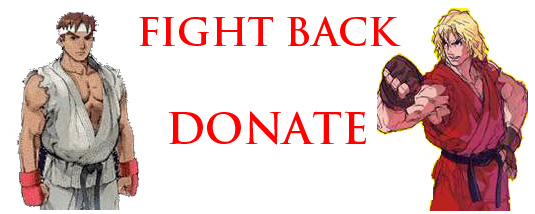
© All material Copyright 2008 by Bill Weintraub. All rights reserved.





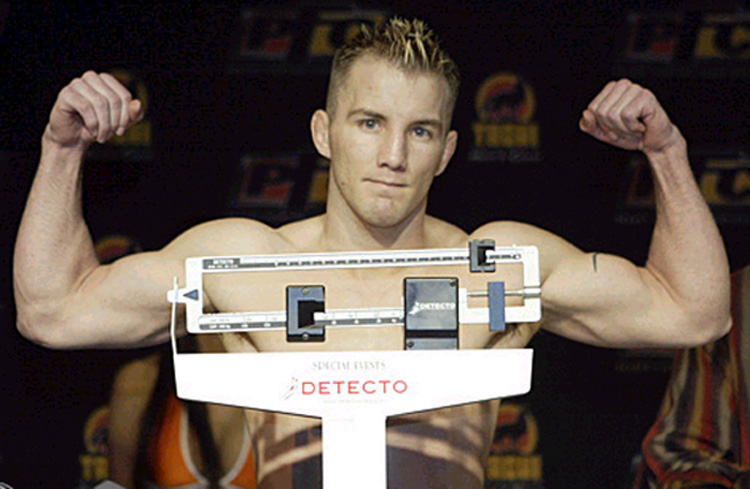

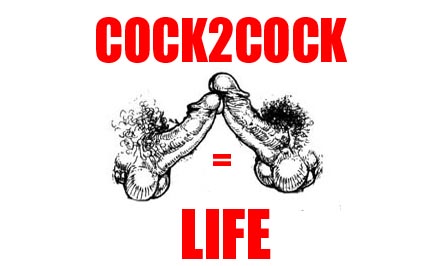
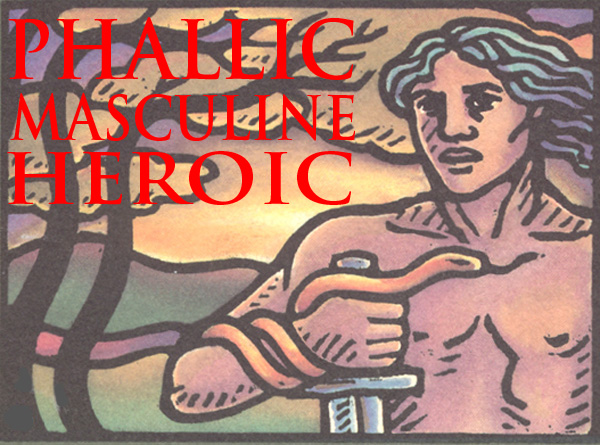



AND


Warriors Speak is presented by The Man2Man Alliance, an organization of men into Frot
To learn more about Frot, ck out What's Hot About Frot
Or visit our FAQs page.


© All material on this site Copyright 2001 - 2010 by Bill Weintraub. All rights reserved.


